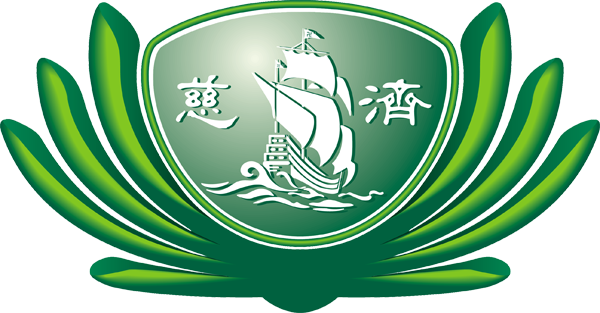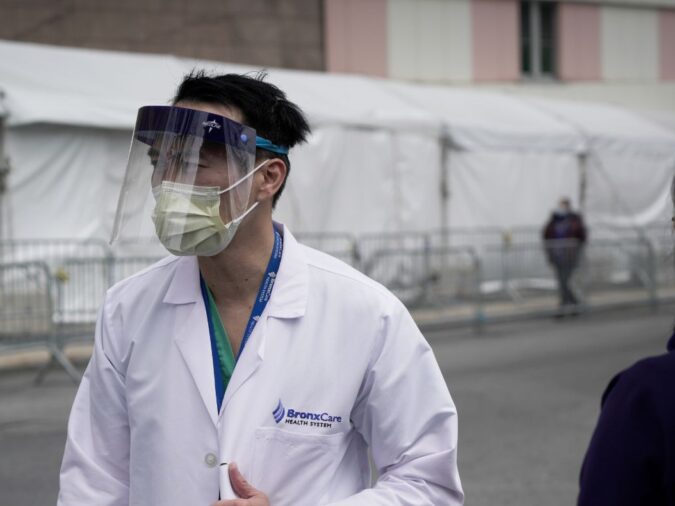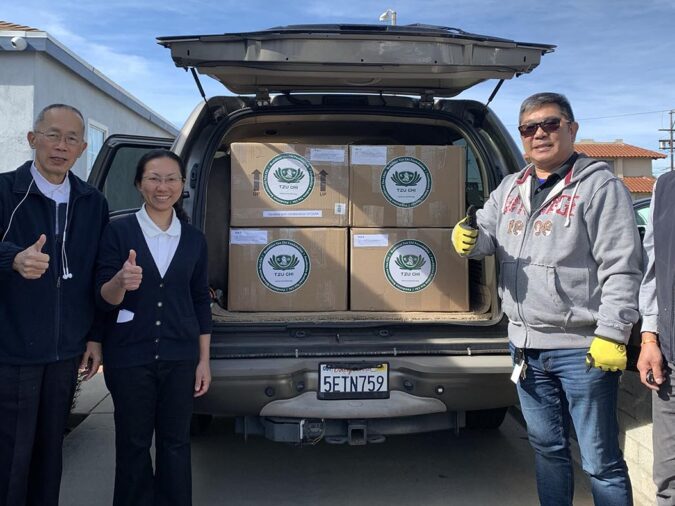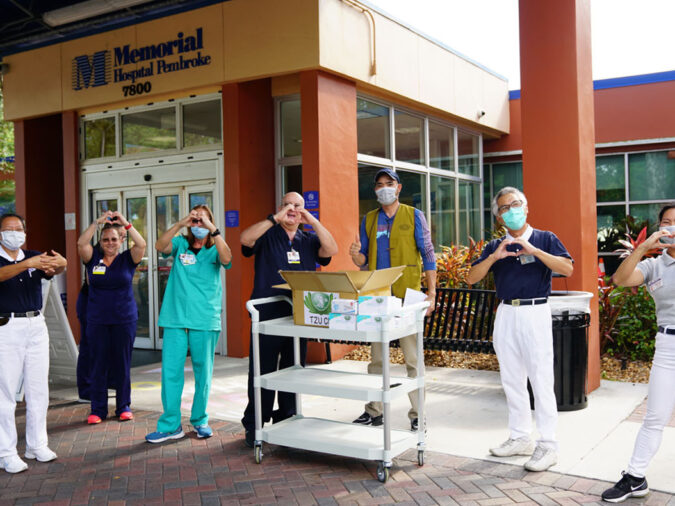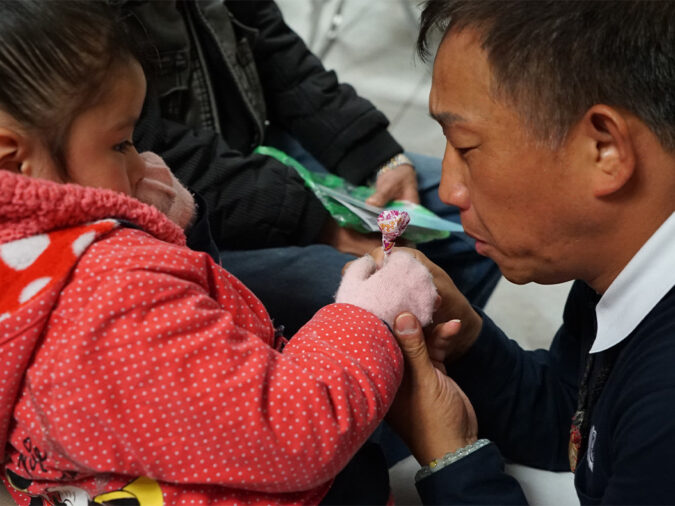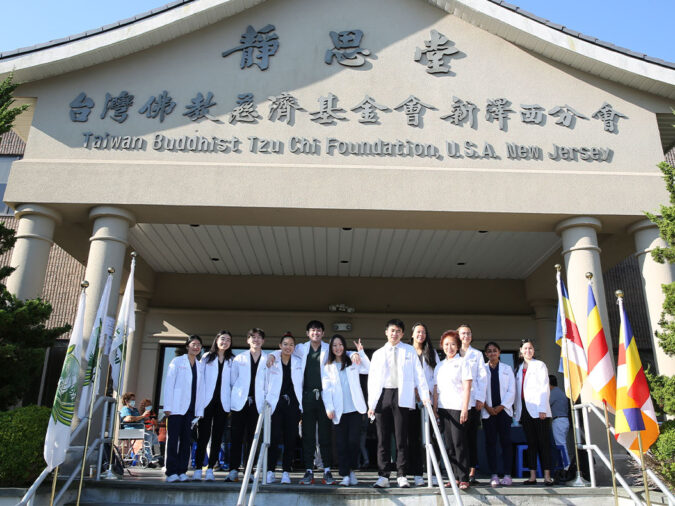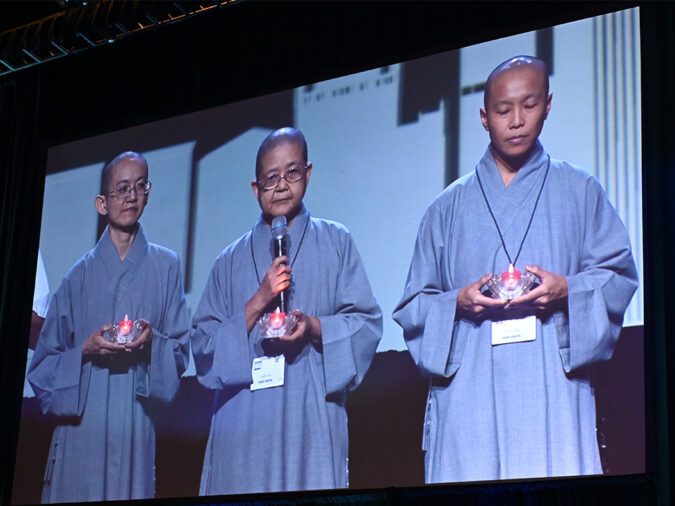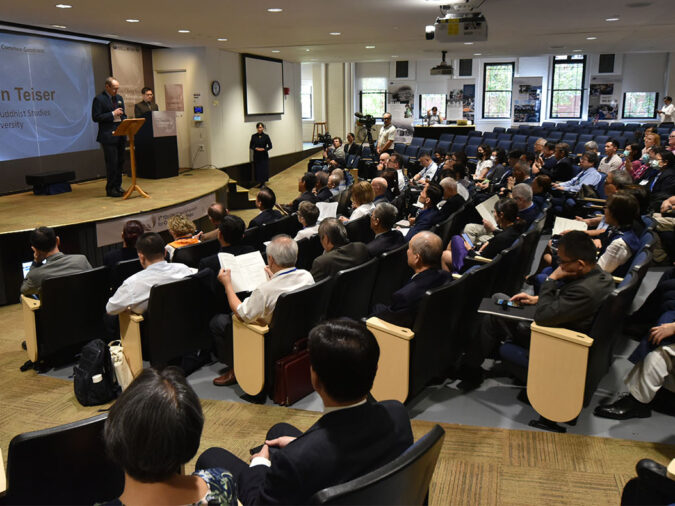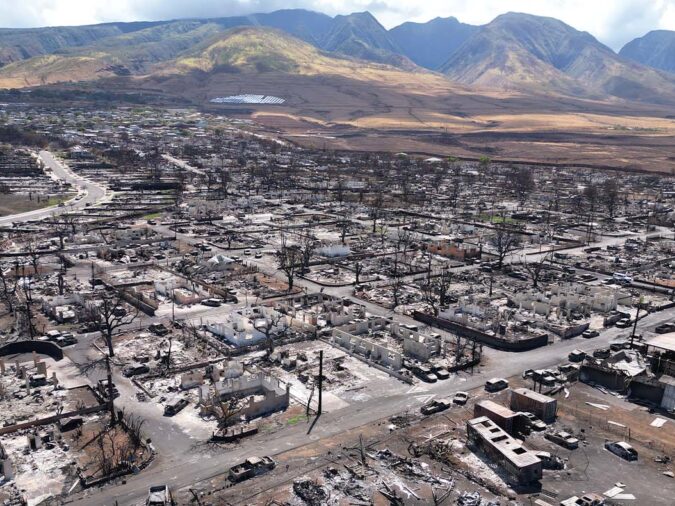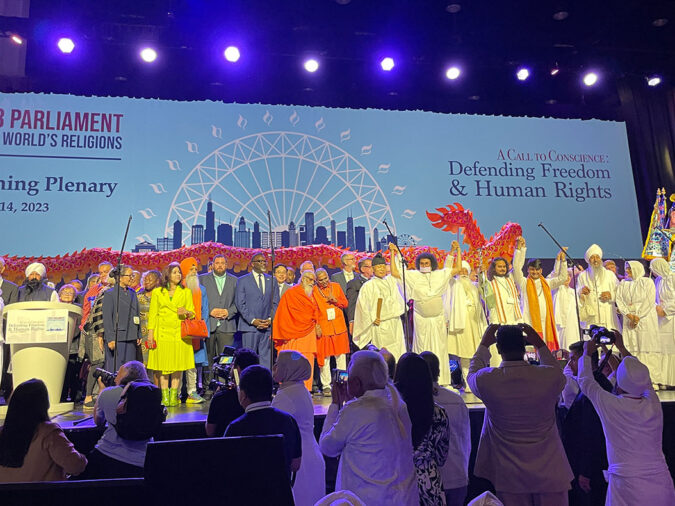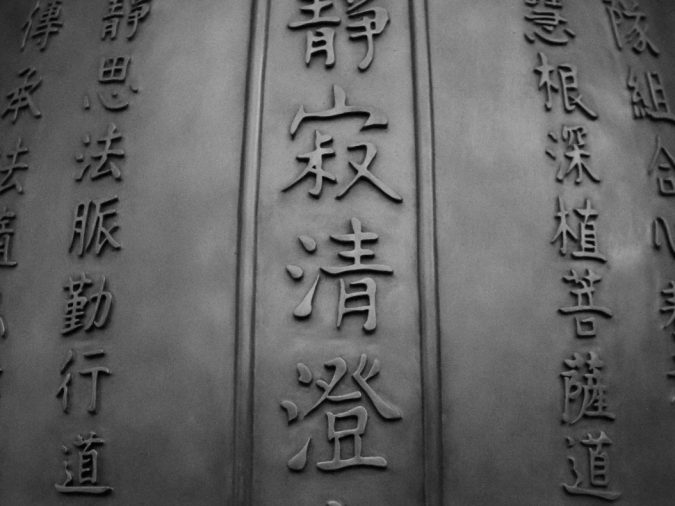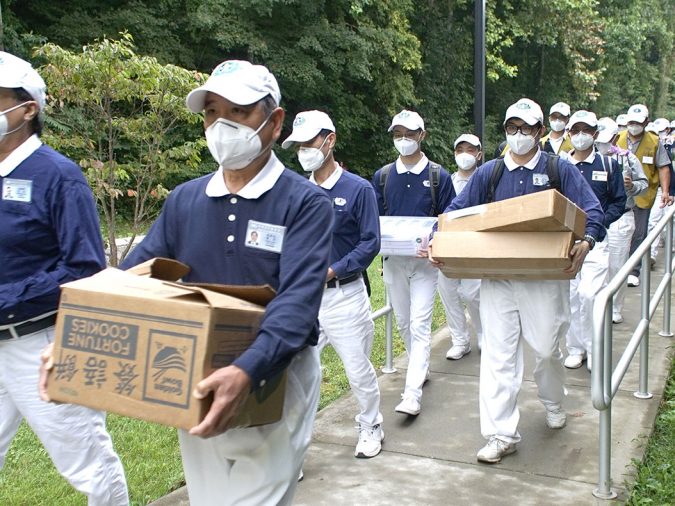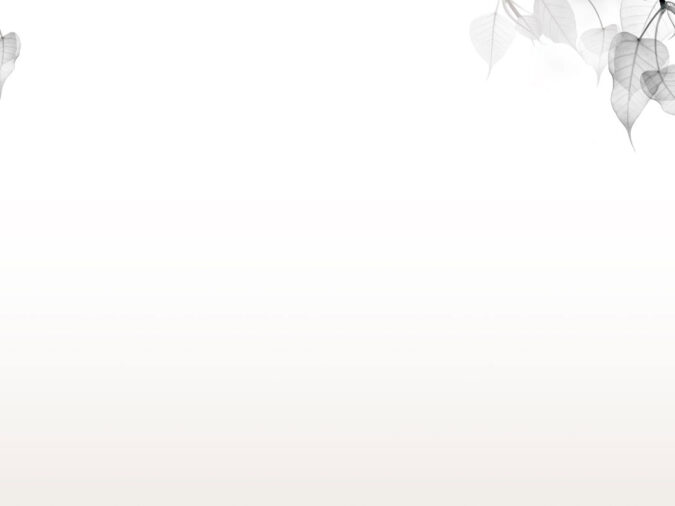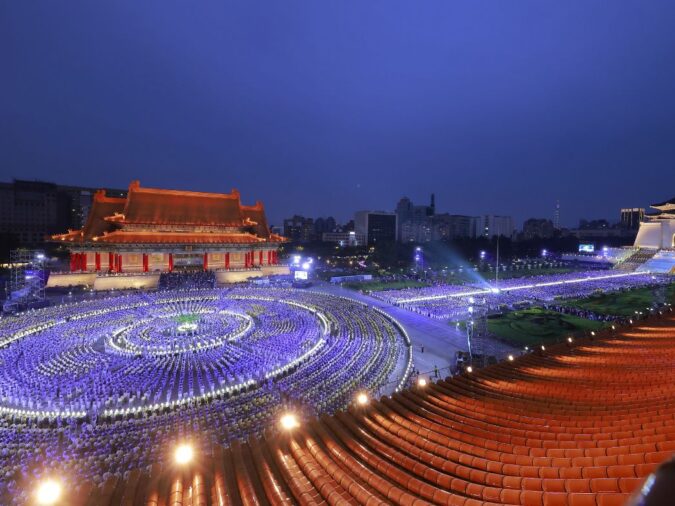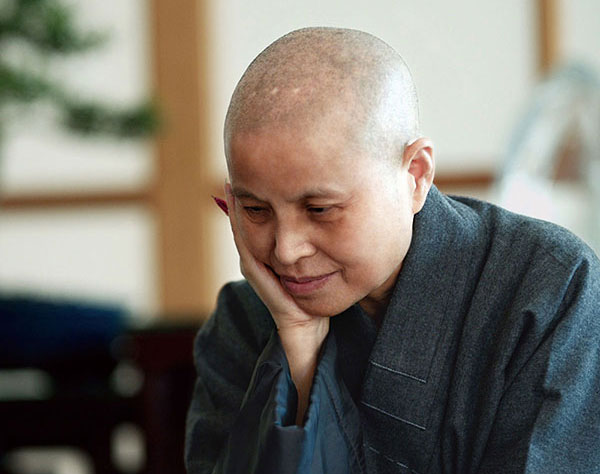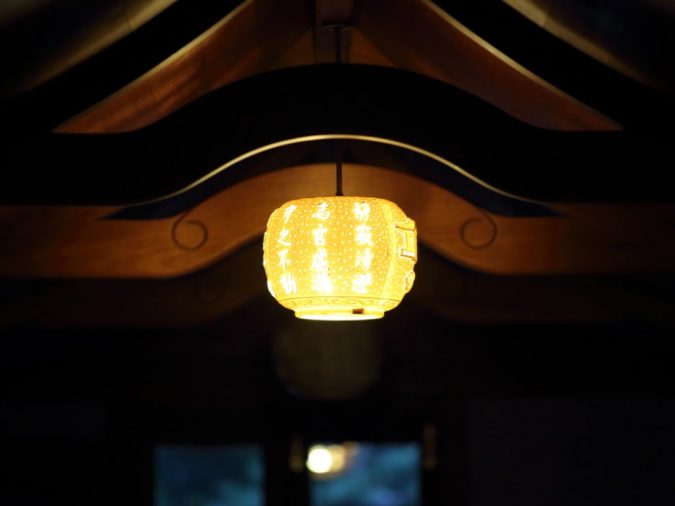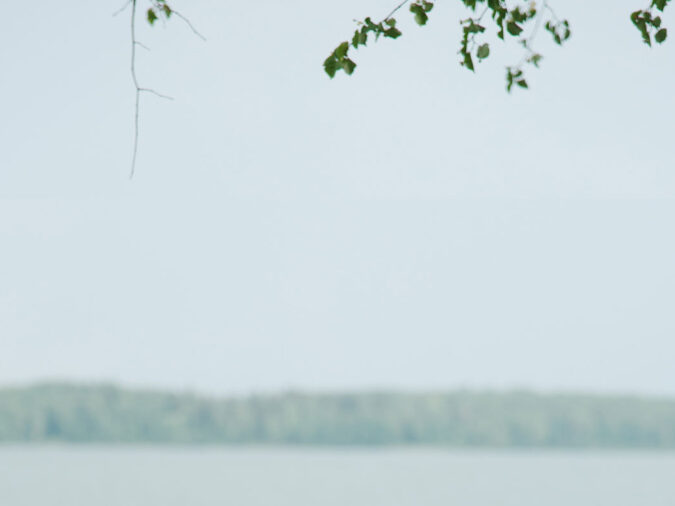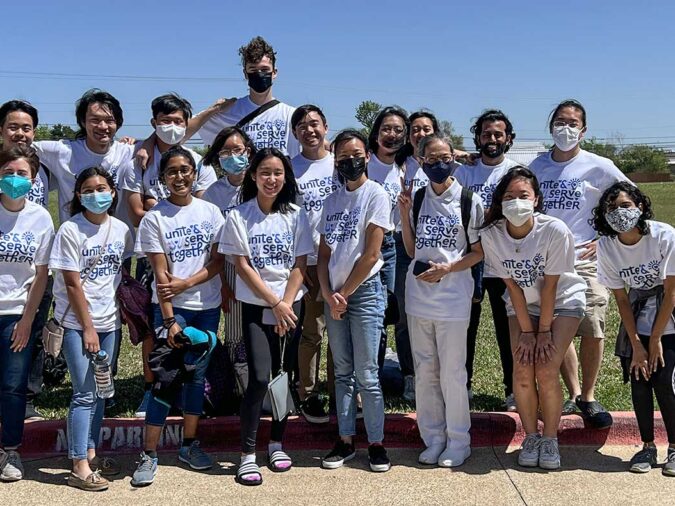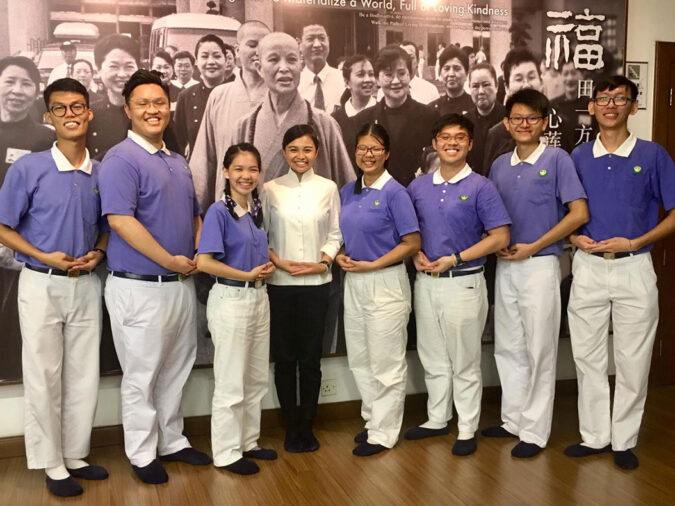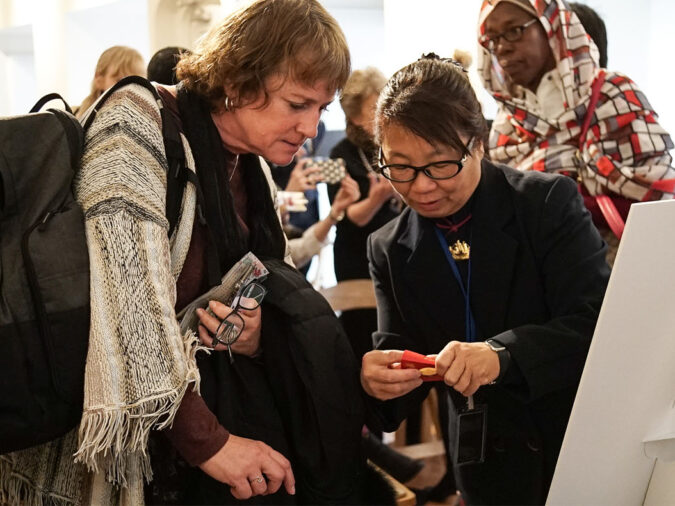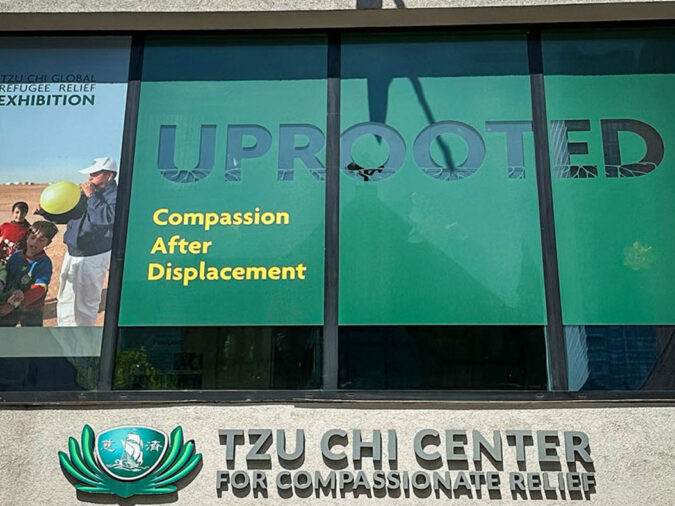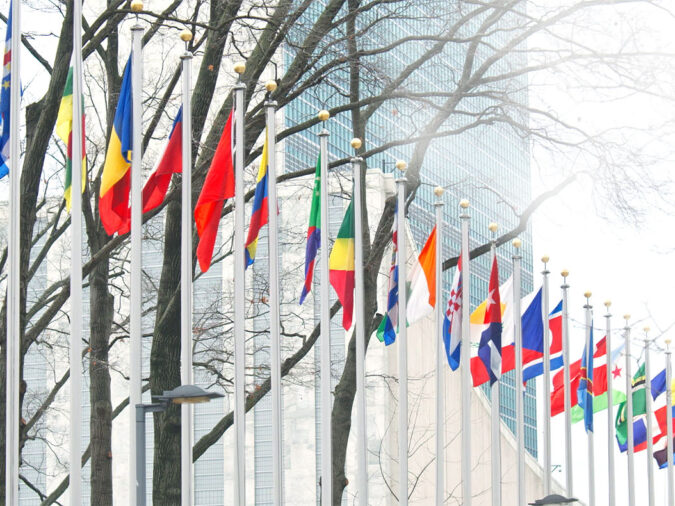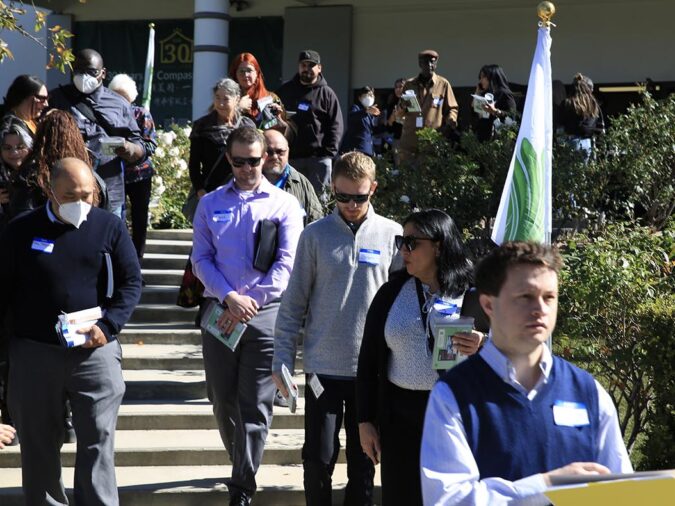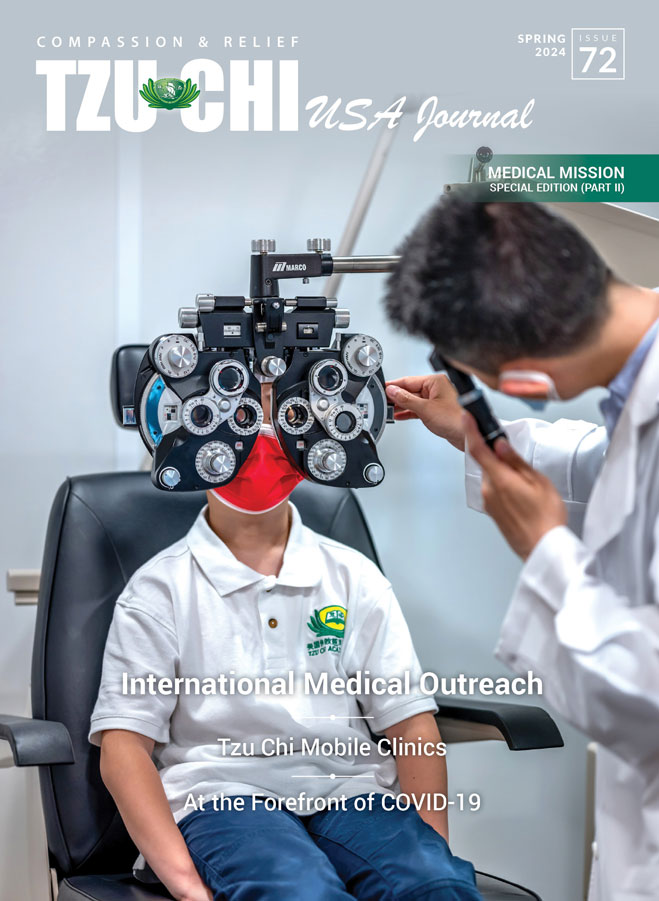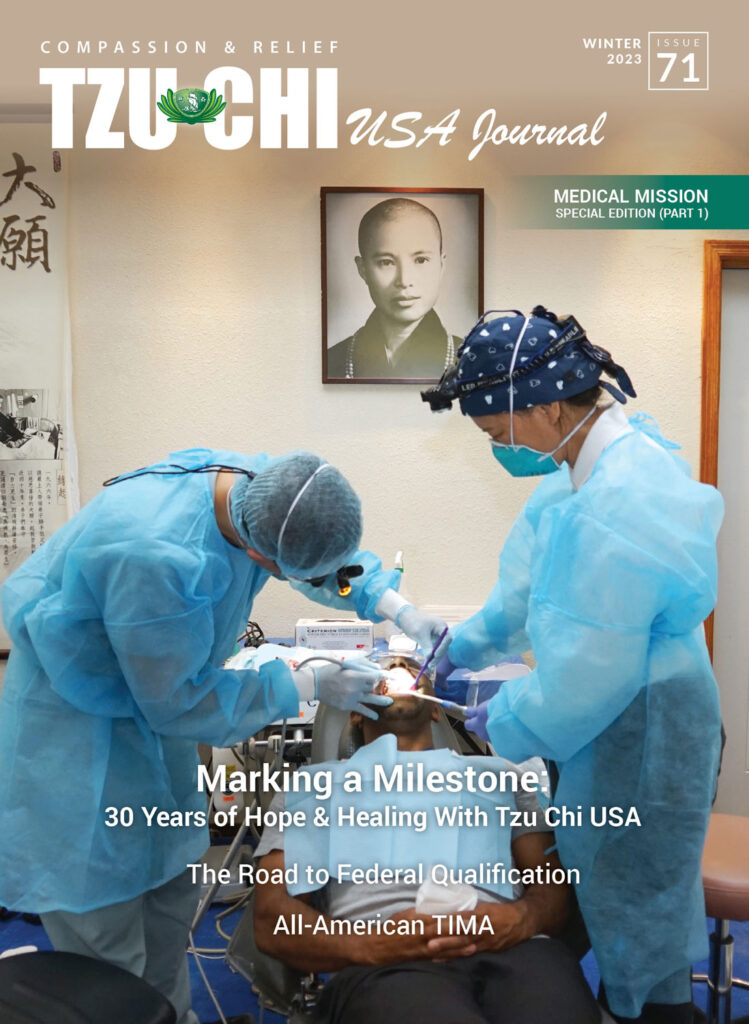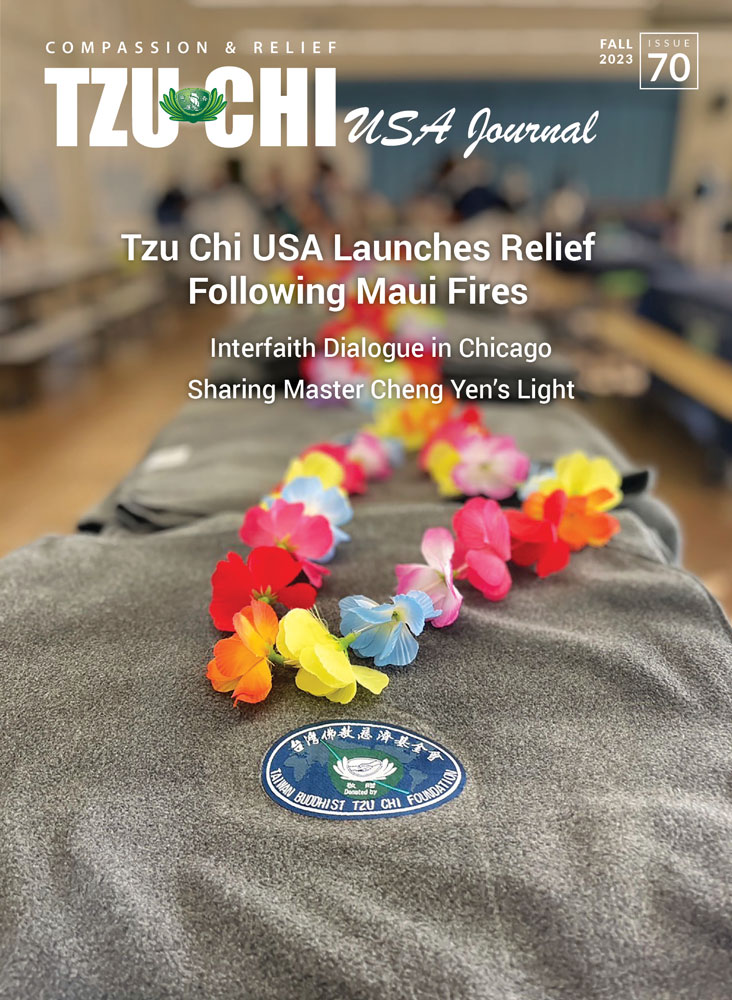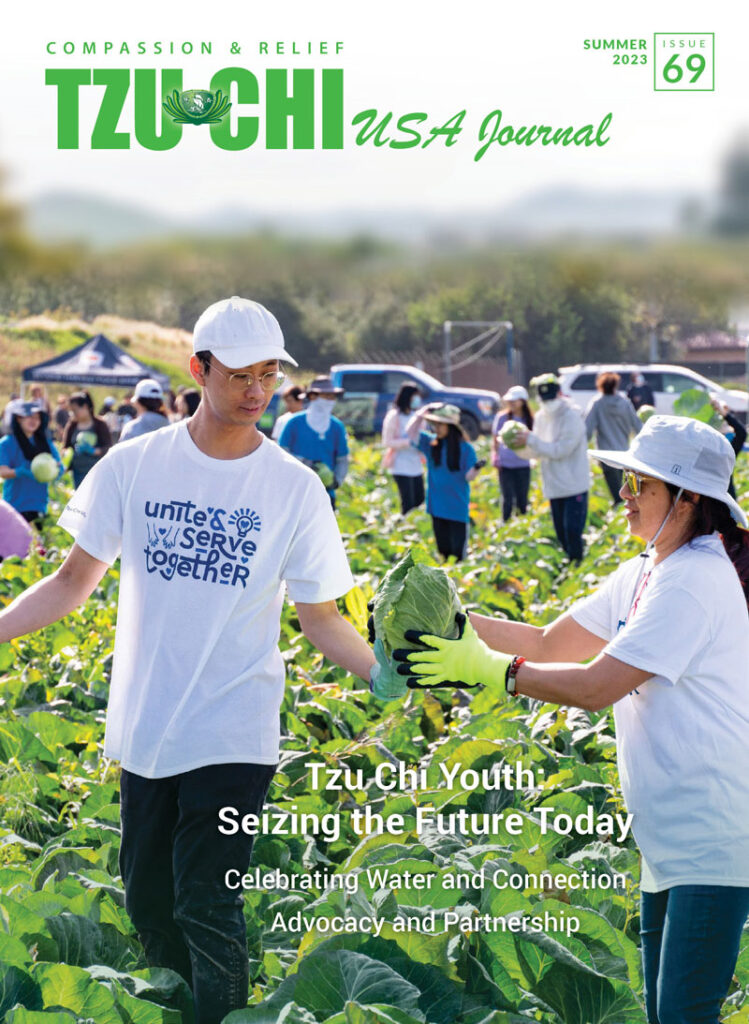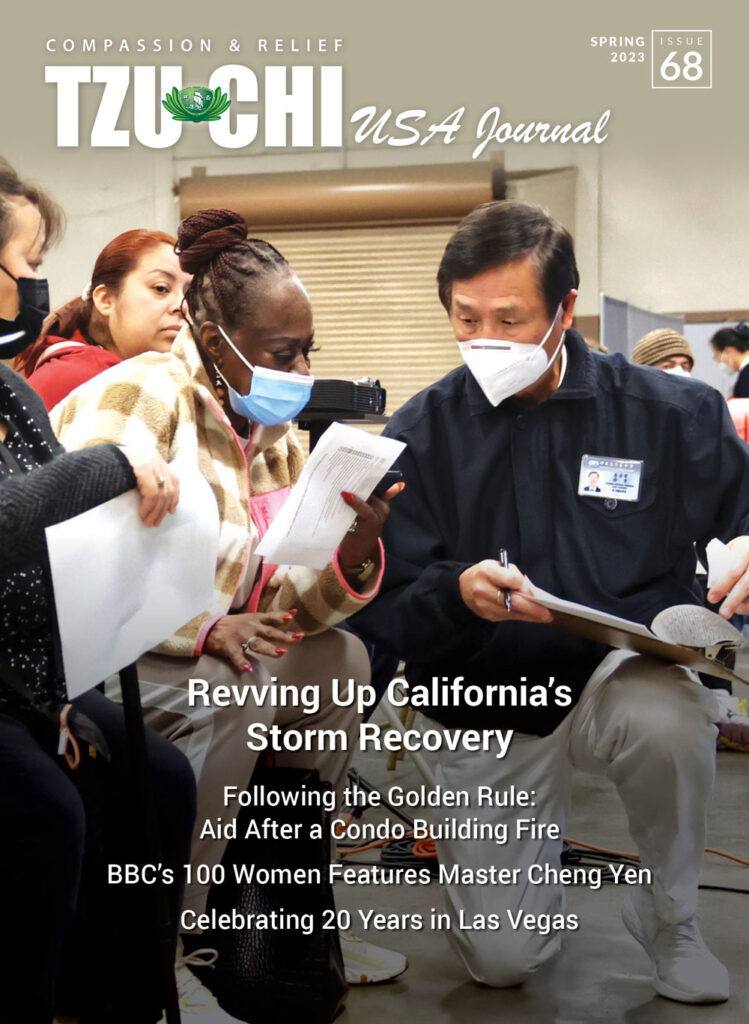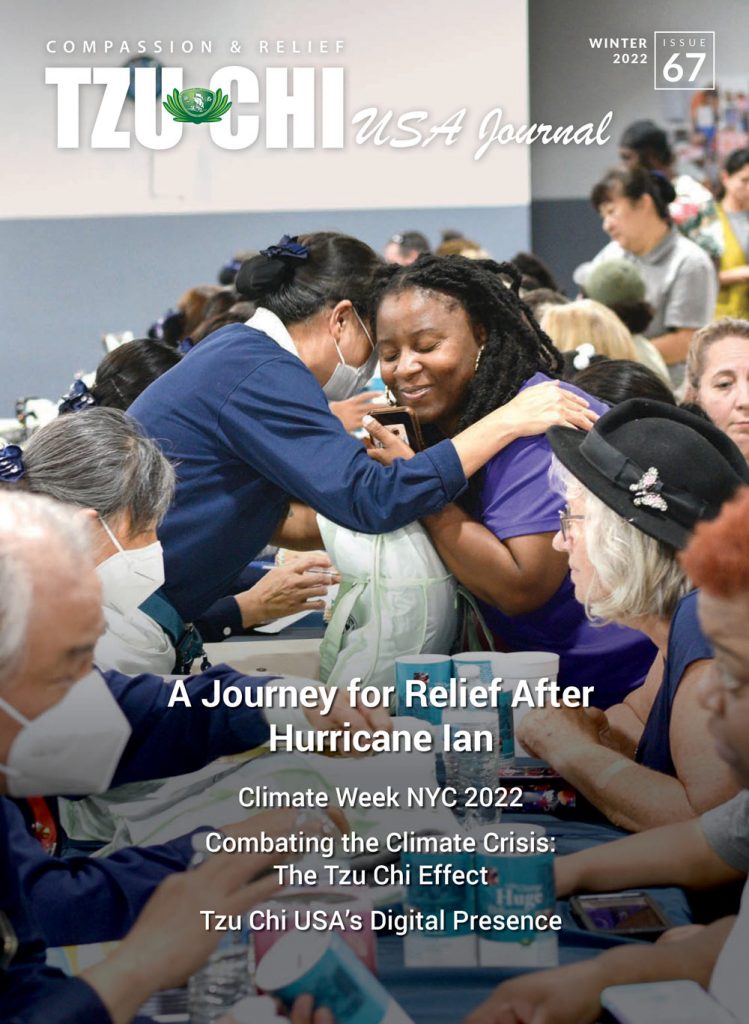CHAPTER 6
At the Forefront of COVID-19
Vaccines Bring Hope
Interviews by Tzu Chi USA Humanistic Culture Volunteers
Written by Dilber Shatursun and Pheel Wang,
with contributors Patrick McShane and Sophie X. Song
Published #72 | Spring 2024 Issue
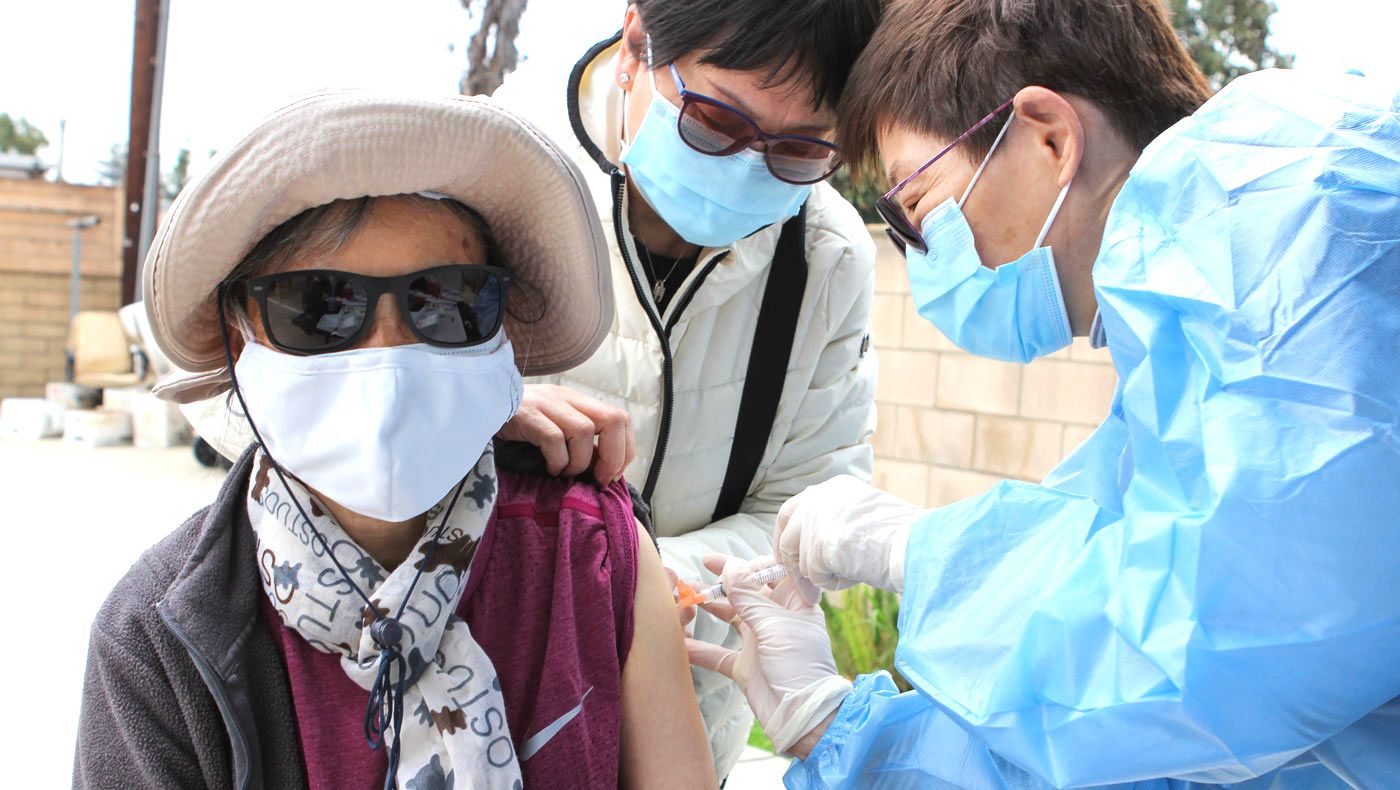
A community member happily receives her first dose of the COVID-19 vaccine in Alhambra, California. Photo/Wesley Tsai
SHARE
As the months trudged on, new norms paved the way for ubiquitous hand sanitizing, disinfecting routines, mask wearing, and social distancing. Despite the skyrocketing rates of joblessness, economic hardship, food insecurity, domestic violence, and mental health issues seen by the year’s end, a huge sign of promise emerged on the horizon: The Food and Drug Administration’s approval of the first available COVID-19 vaccine on December 11, 2020. While it would take months for all members of the general public to get inoculated, leadership at Tzu Chi USA knew the organization was perfectly positioned to help.
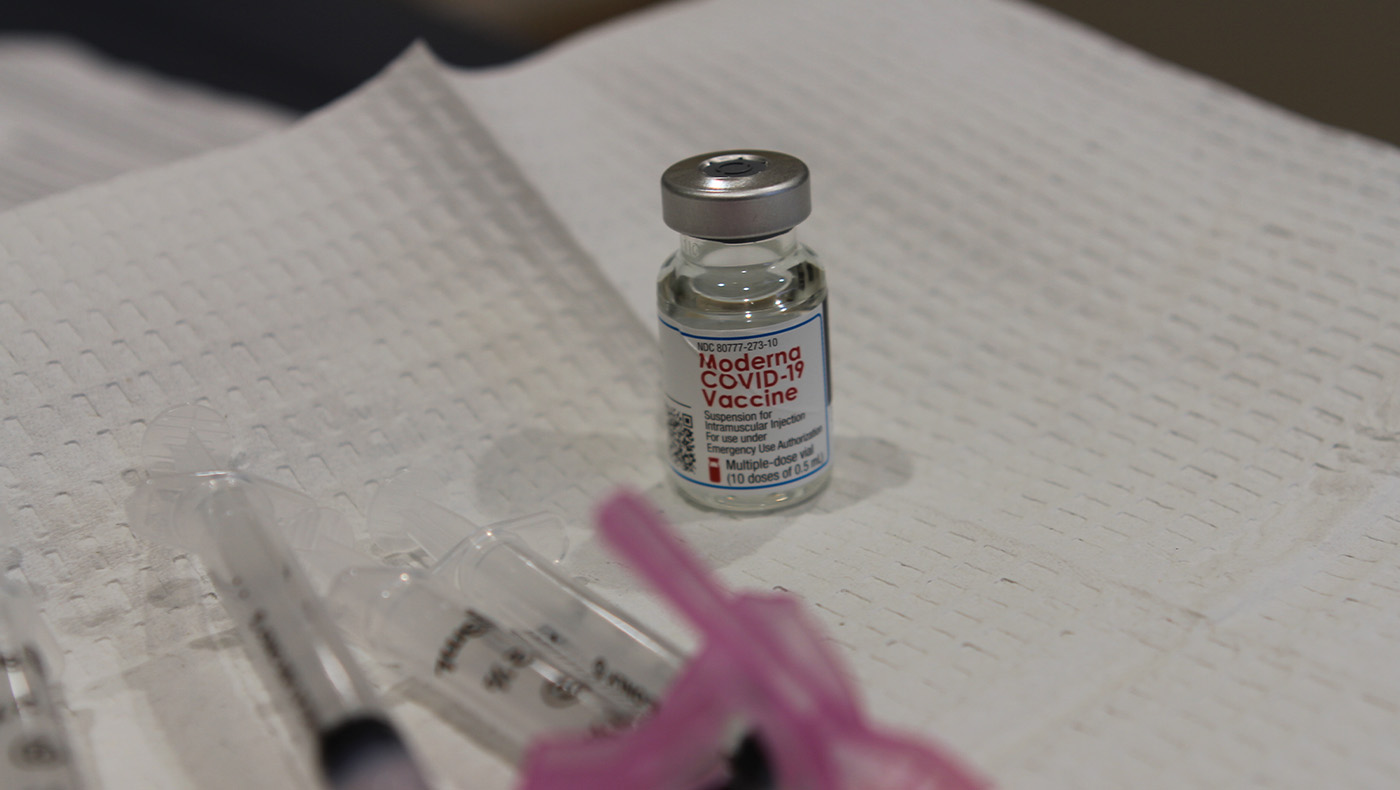
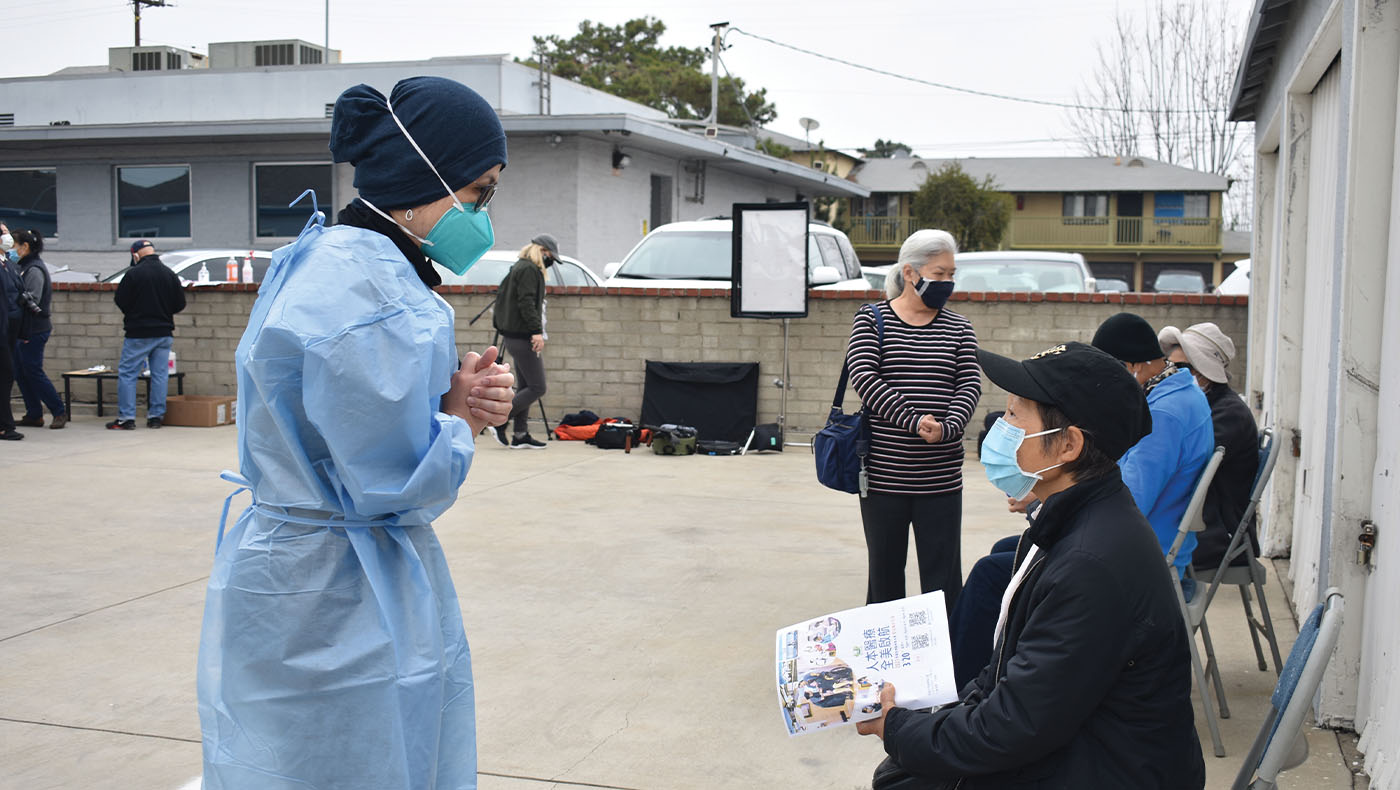
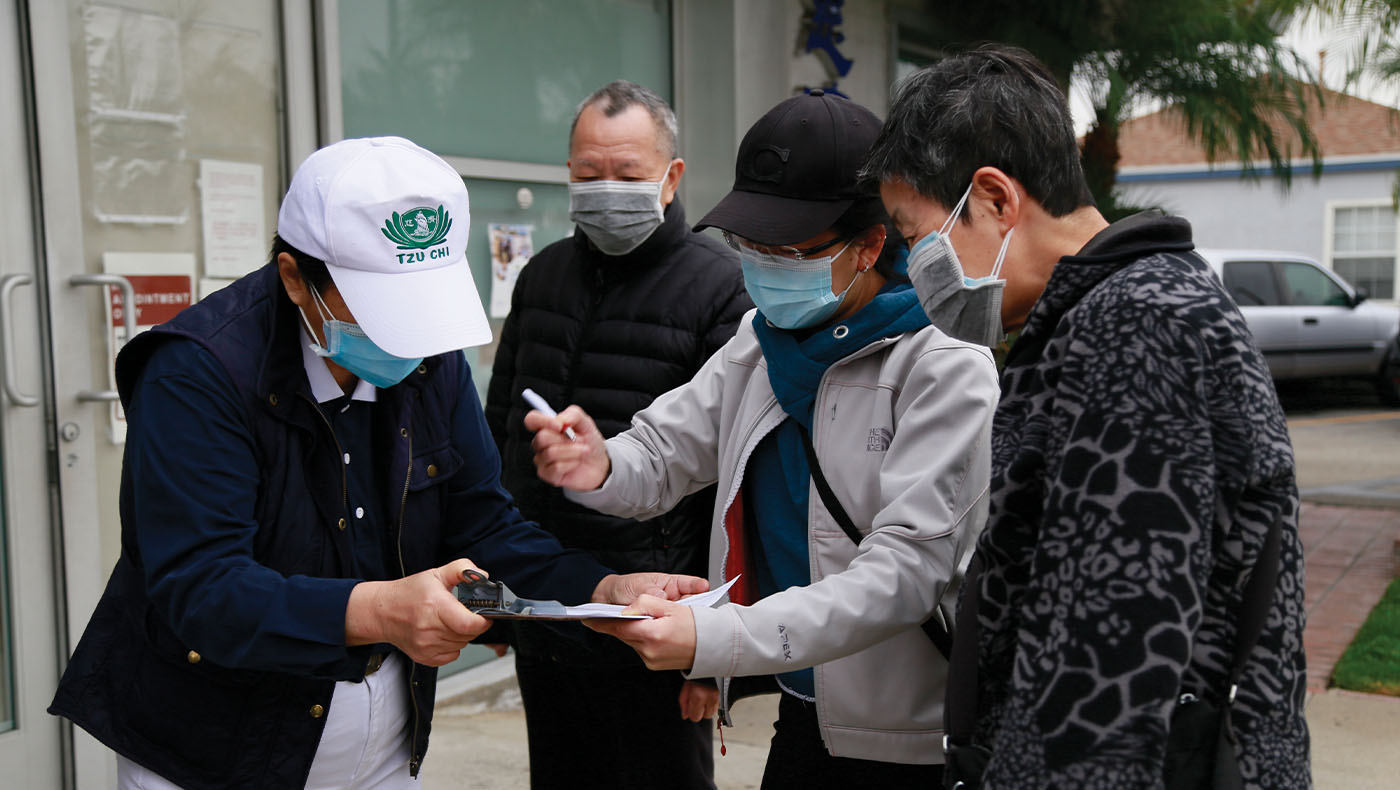
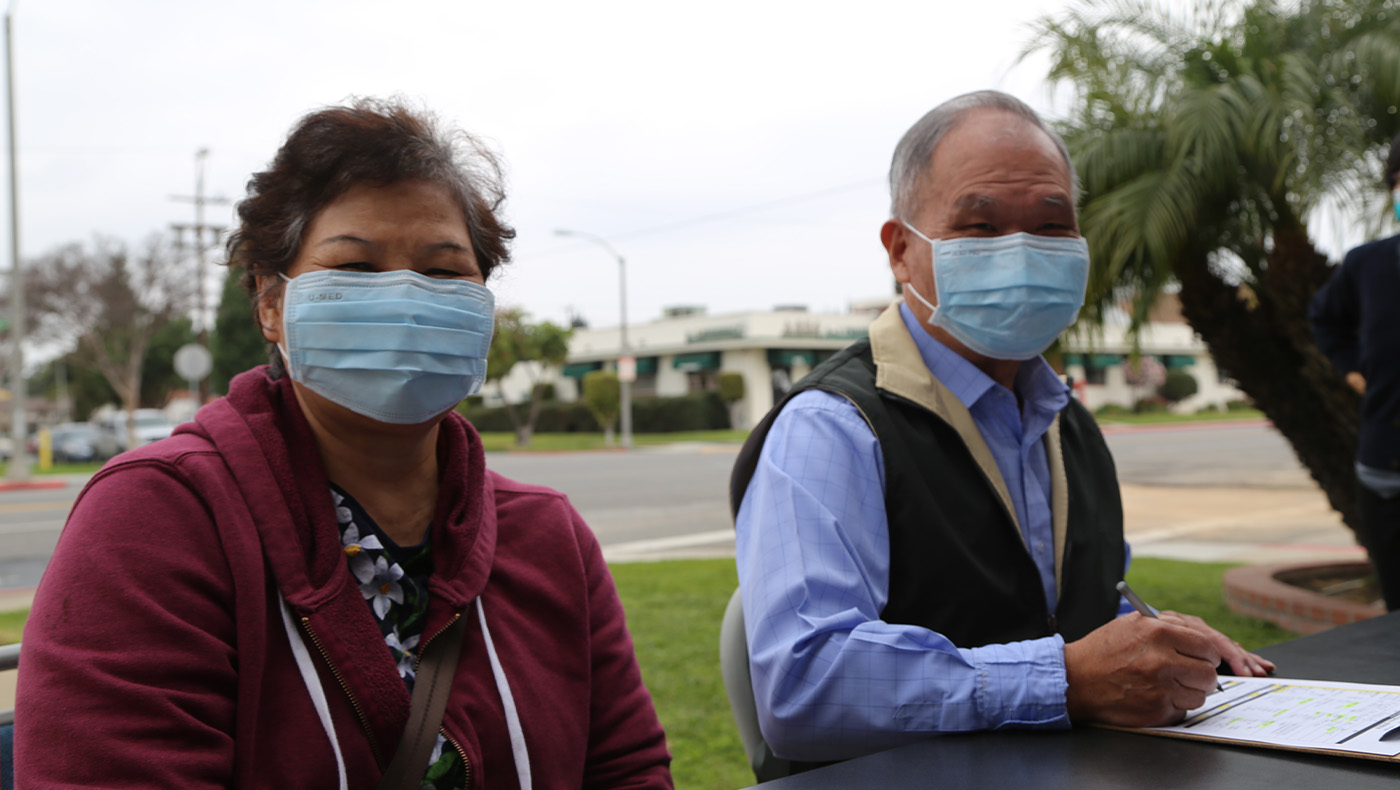
With Tzu Chi Medical Foundation’s three community clinics in Southern California attaining designation as Federally Qualified Health Center Look-Alikes beginning November 1, 2020, Tzu Chi was able to apply to obtain and administer COVID-19 vaccines as early as February 2021. In anticipation of receiving the vaccine, Tzu Chi Medical created a hotline in January for patients above the age of 65 in Southern California to request an appointment. While administering vaccines to medical staff first, on February 9, Tzu Chi Medical successfully hosted its first COVID-19 vaccination event for the public outside the Tzu Chi Health Center in Alhambra.
But, administering the vaccines proved to be a tricky process. At another vaccination event outside the Tzu Chi Health Center in South El Monte, Tzu Chi Medical’s former Chief Medical Officer Dr. Julie Lam explained that “we have to keep the vaccines at a certain temperature when we transport it from the County over to our clinics.” At the same time, each vial of the Moderna-brand vaccine they had received contained ten doses. Once taken out of refrigeration, they had to be administered within six hours to be effective. Dr. Lam emphasized, “we have to make sure that each step is really meticulous.”
Despite this delicate process, another matter proved to be equally delicate: Getting the vaccine-hesitant on board. “There [are] a lot of myths and a lot of fear in our culture about the vaccines,” volunteer RN Elvia Flores explained: “They think they’re going to get COVID because they received the COVID vaccine.” Outside of public awareness campaigns and misinformation on the internet, it was clear that health education from trusted sources was going to be key. Flores said:
You would be surprised by some of the responses we get… so I try my best to educate and enlighten the community, how it's safe, and I try to debunk other misconceptions about the vaccine.
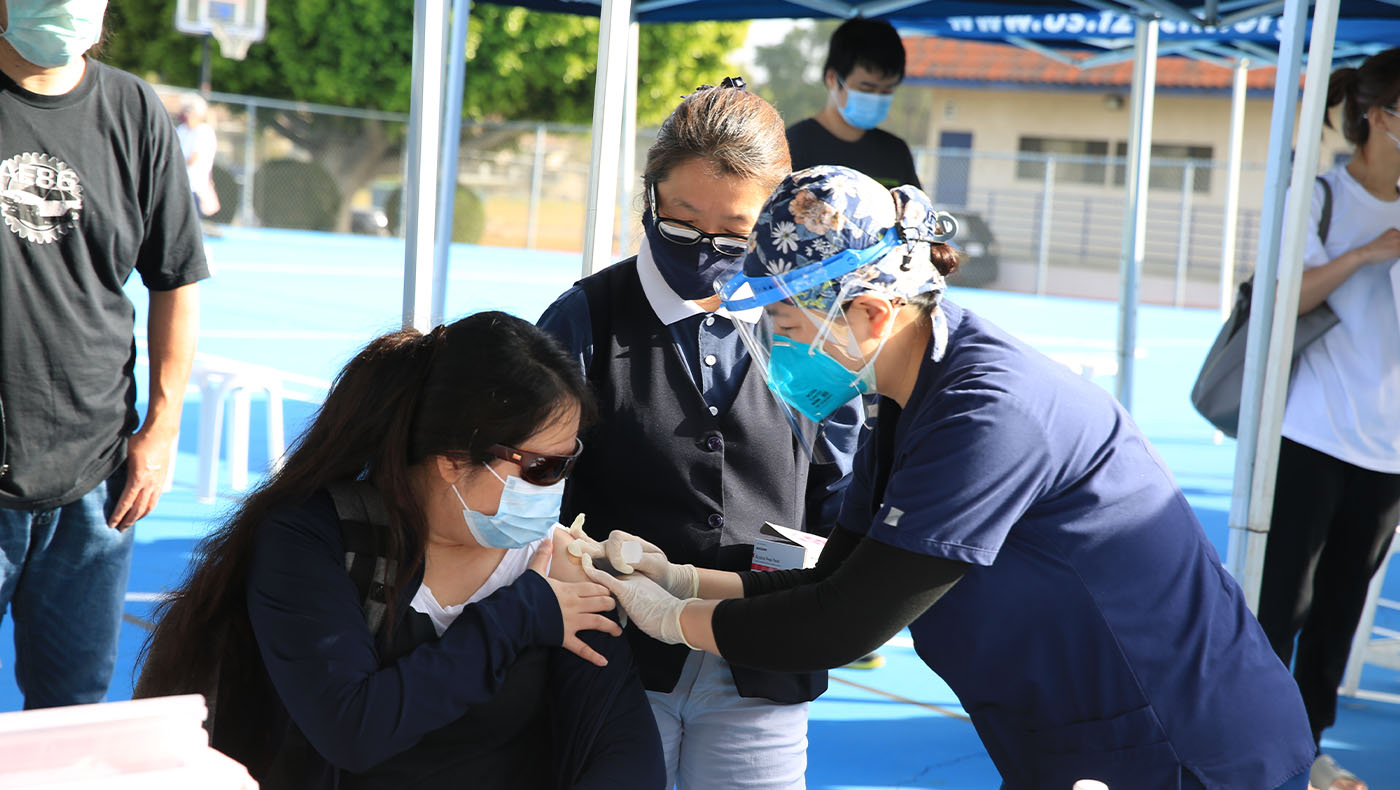
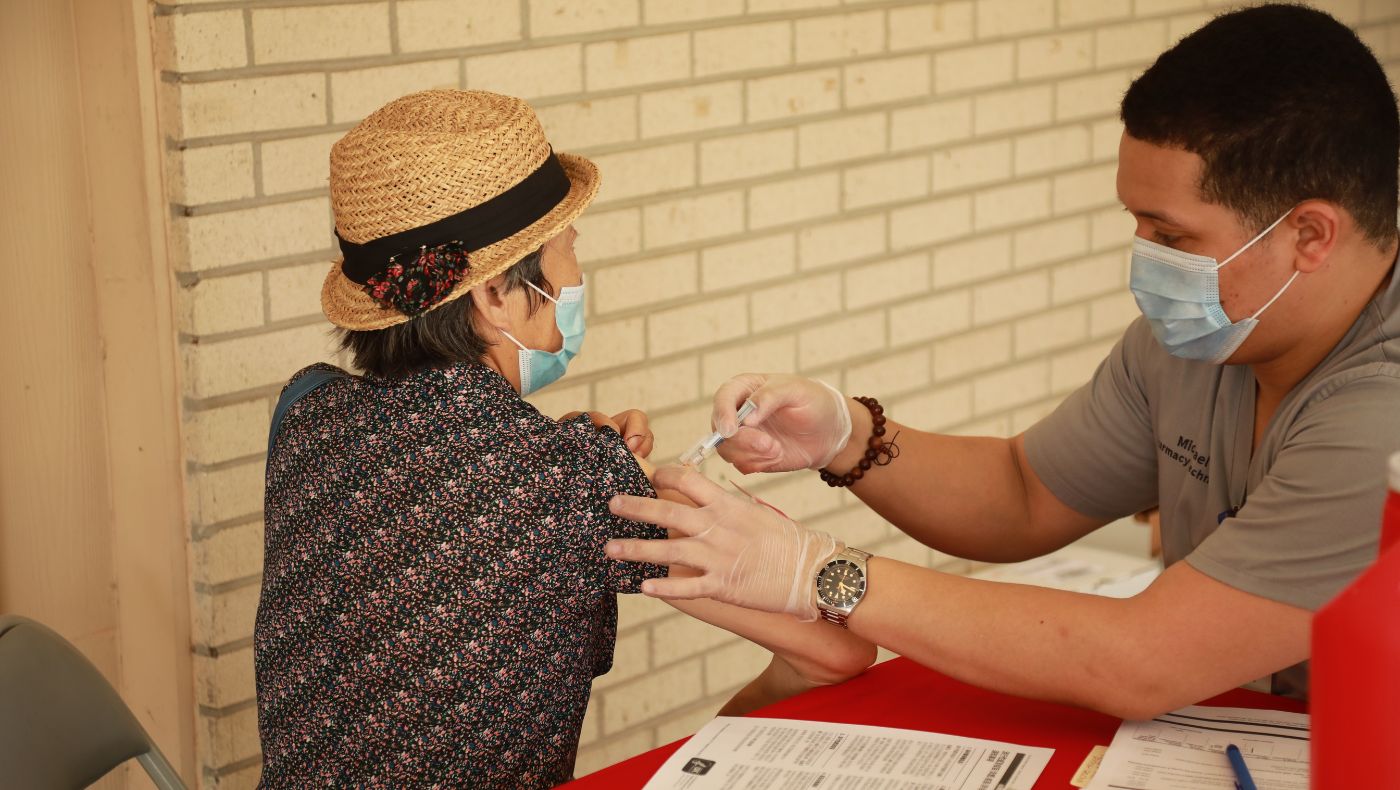
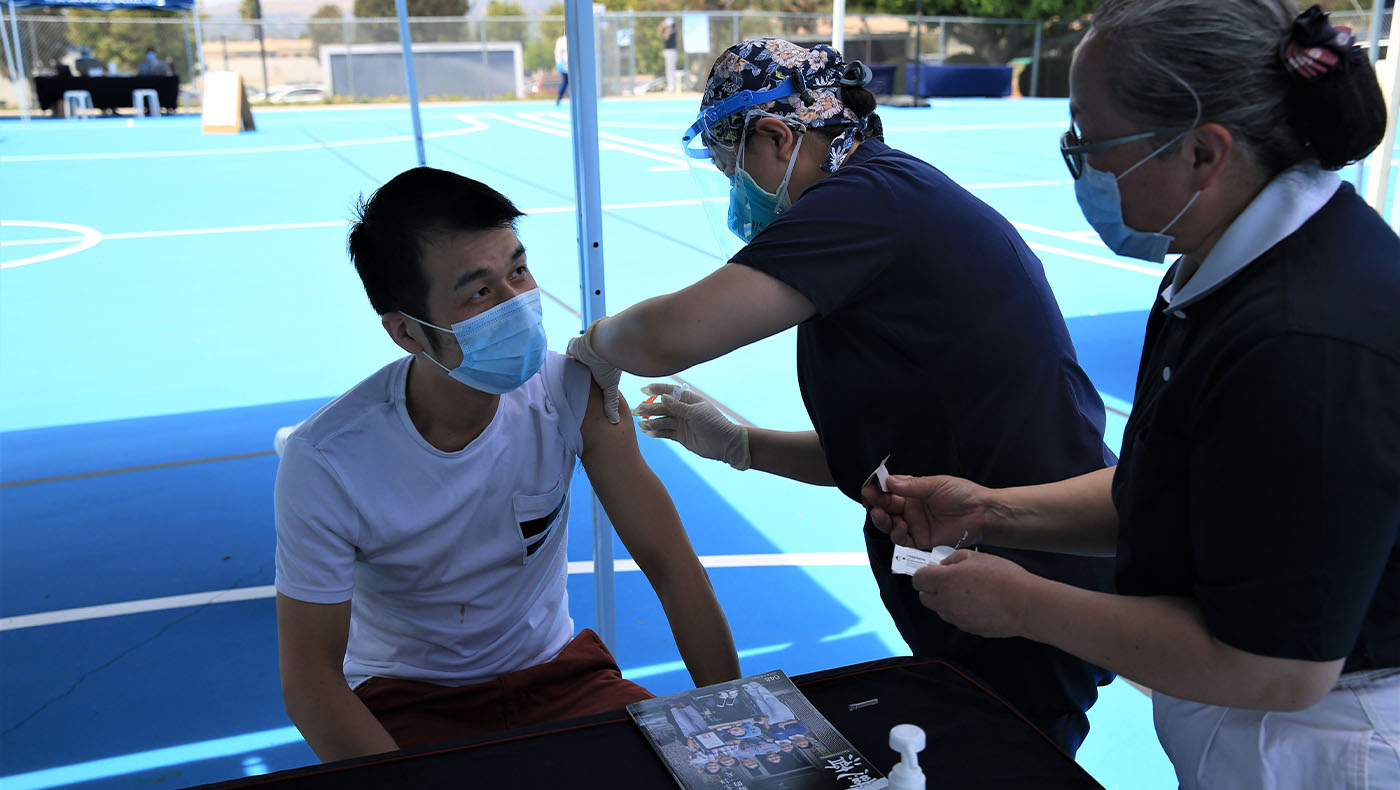
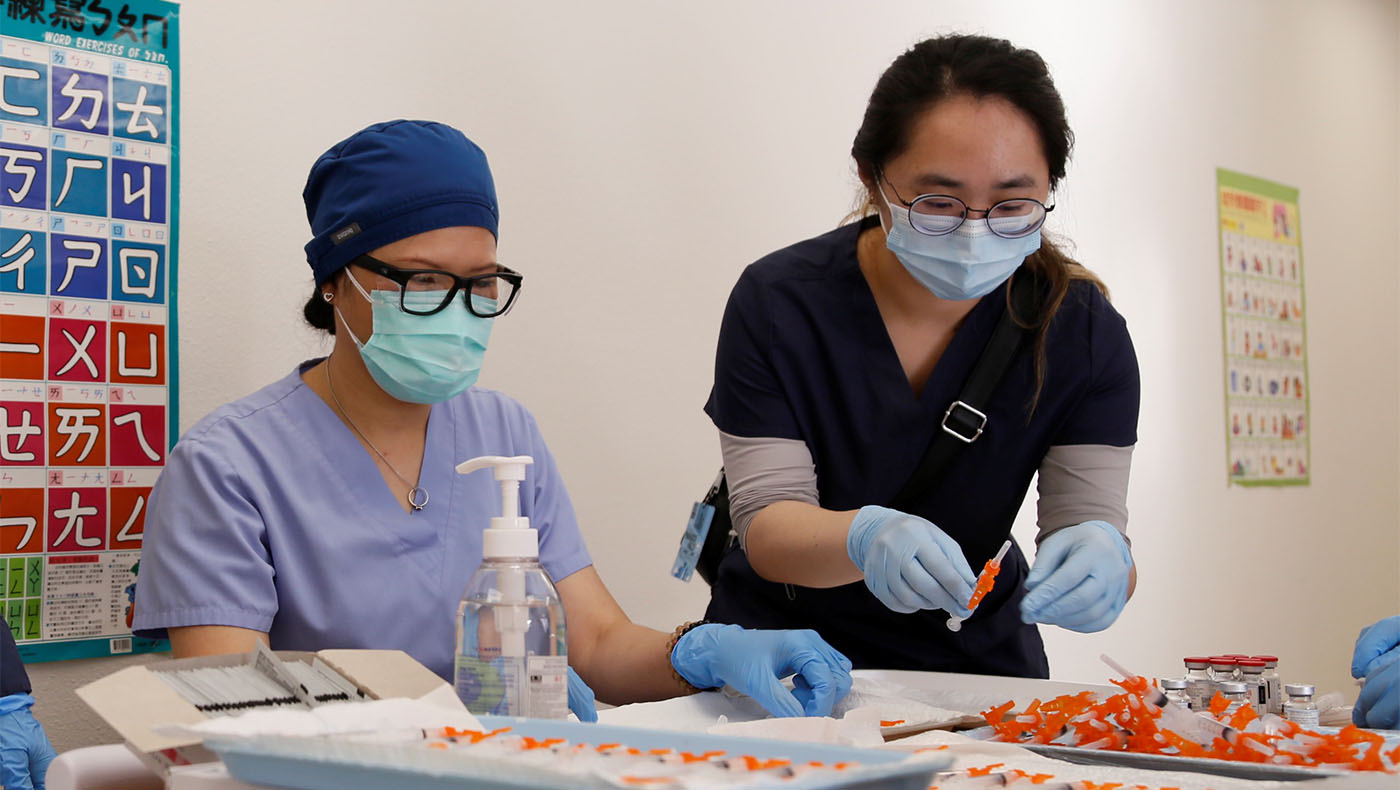
Furthermore, Tzu Chi USA CEO Jackson Chen knew that Tzu Chi’s humanistic and compassionate approach to life’s difficulties could be a great asset to dwindling demand. “All of a sudden, the registration for shots slowed down a lot,” he remarked at a vaccination event in Walnut, California, in May 2021. “This is one of the reasons we tried to encourage more people to come,” Chen explained. Yet, he knew that it would be a team effort, and that Tzu Chi USA was more than willing to pitch in: “We need everybody’s efforts to stop the spread of the pandemic.”
But, for other people, like Jayden Jones, the decision to get vaccinated was a no-brainer. Receiving his first shot from medical volunteers in South El Monte in May 2021, he said, “It was just kind of my way of making sure I’m safe, and then, of course, my grandparents that I live with; I make sure that they’re safe, too.” In addition to the protective benefits, Jayden clarified that it was the freedom the vaccine promised that mattered most: “It should give me a lot more time to spend with them; I can actually go out and not have to worry about getting my grandparents sick.”
Still, Dr. Lam believed there was more that contributed to stagnation in people receiving their shots. While she acknowledged that there was certainly a segment that did not have complete faith in or comprehension of the science of it all, “there’s a different group where they might have issues with access. They don’t have vaccination sites in their community, they don’t have transportation to get to where they want to be.” Indeed, these reasons and more stood in the way of vaccinating more people. But, for Tzu Chi Medical’s Executive Vice President Steven Voon, a challenge like this was exactly his forté.
Tzu Chi Medical’s Mobile Clinic Units Hit the Road
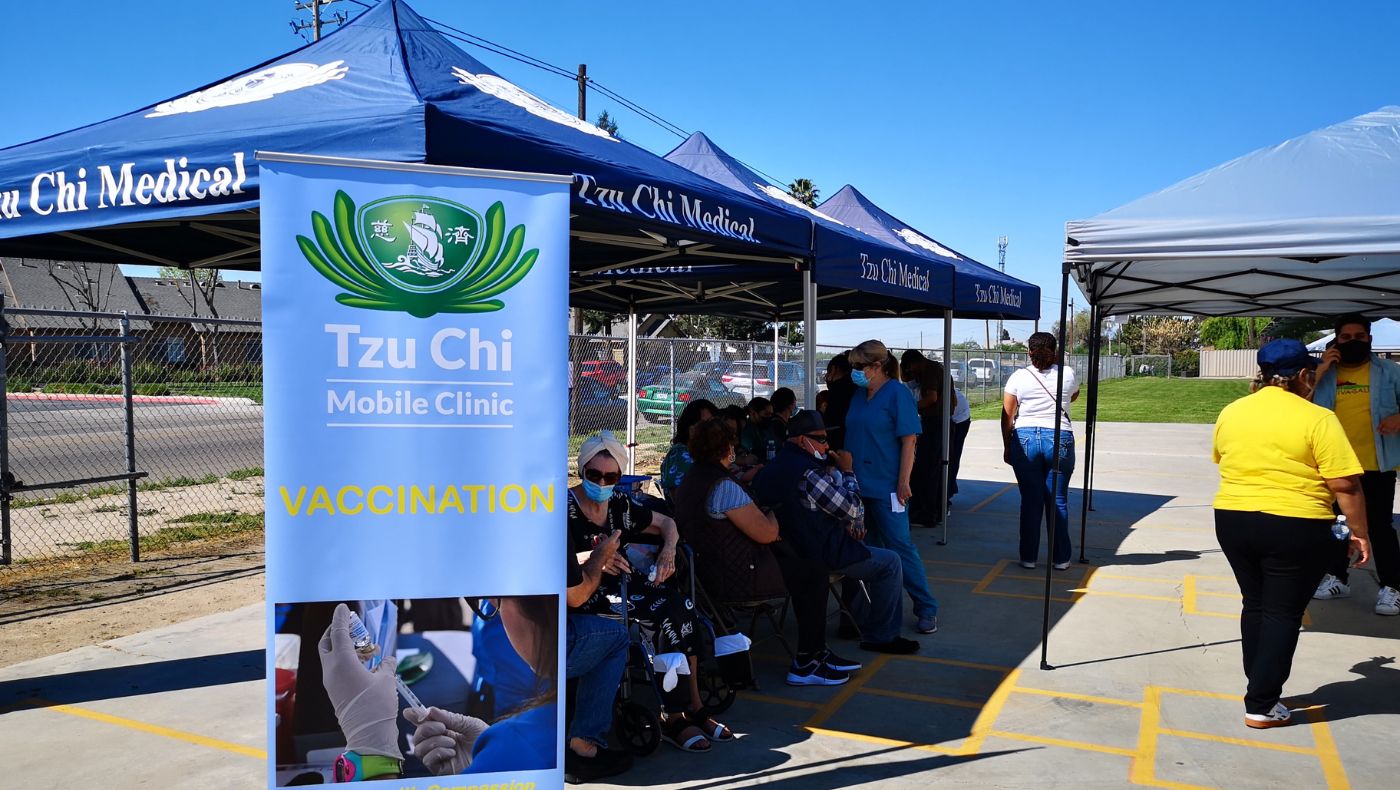
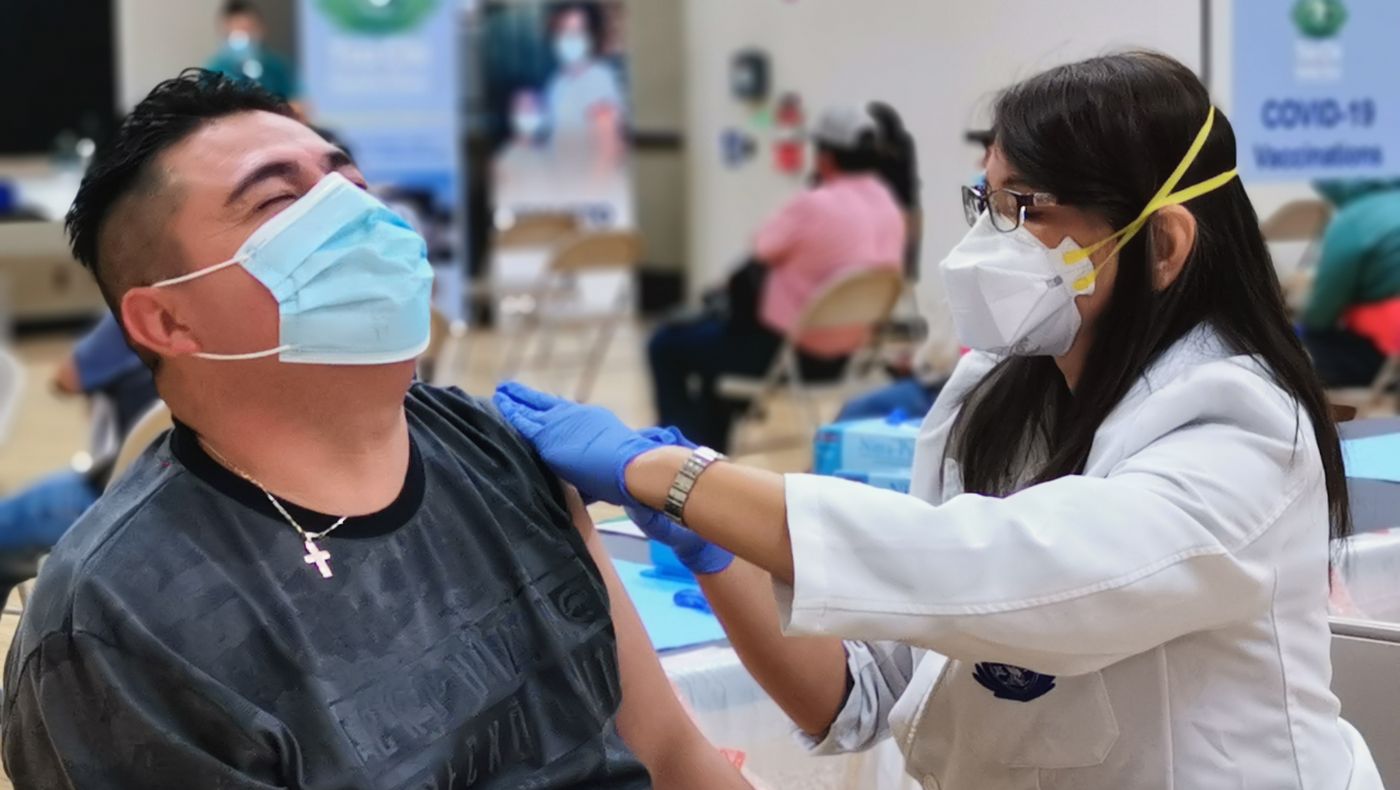
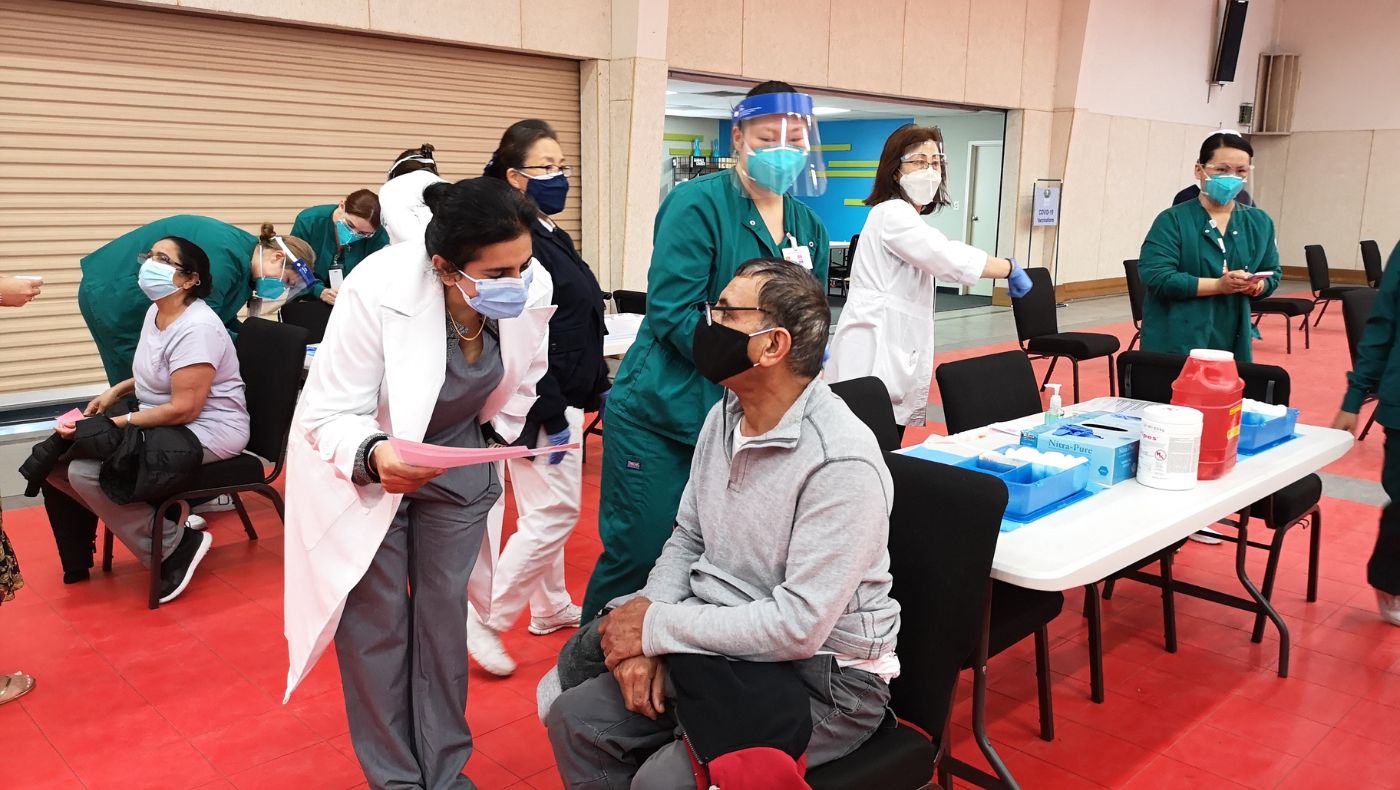
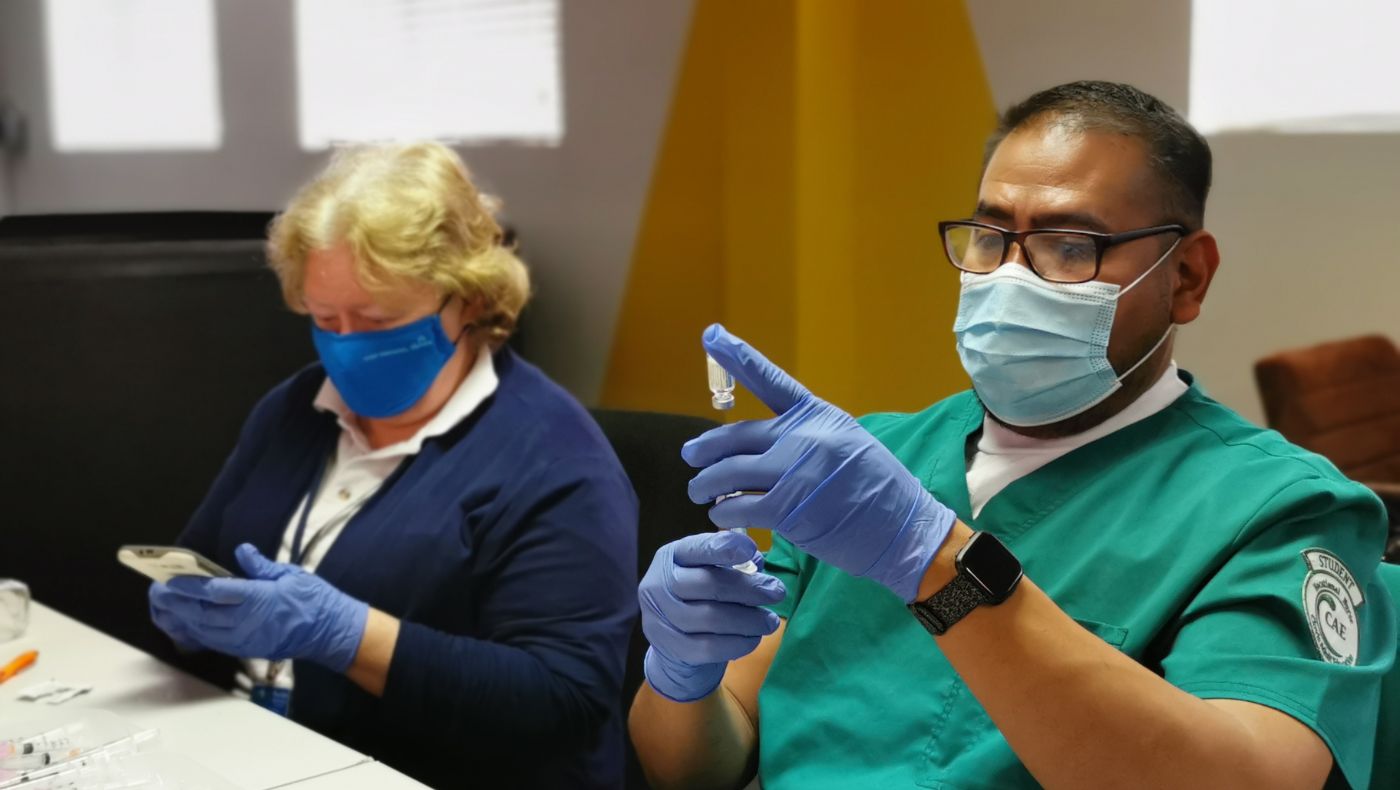
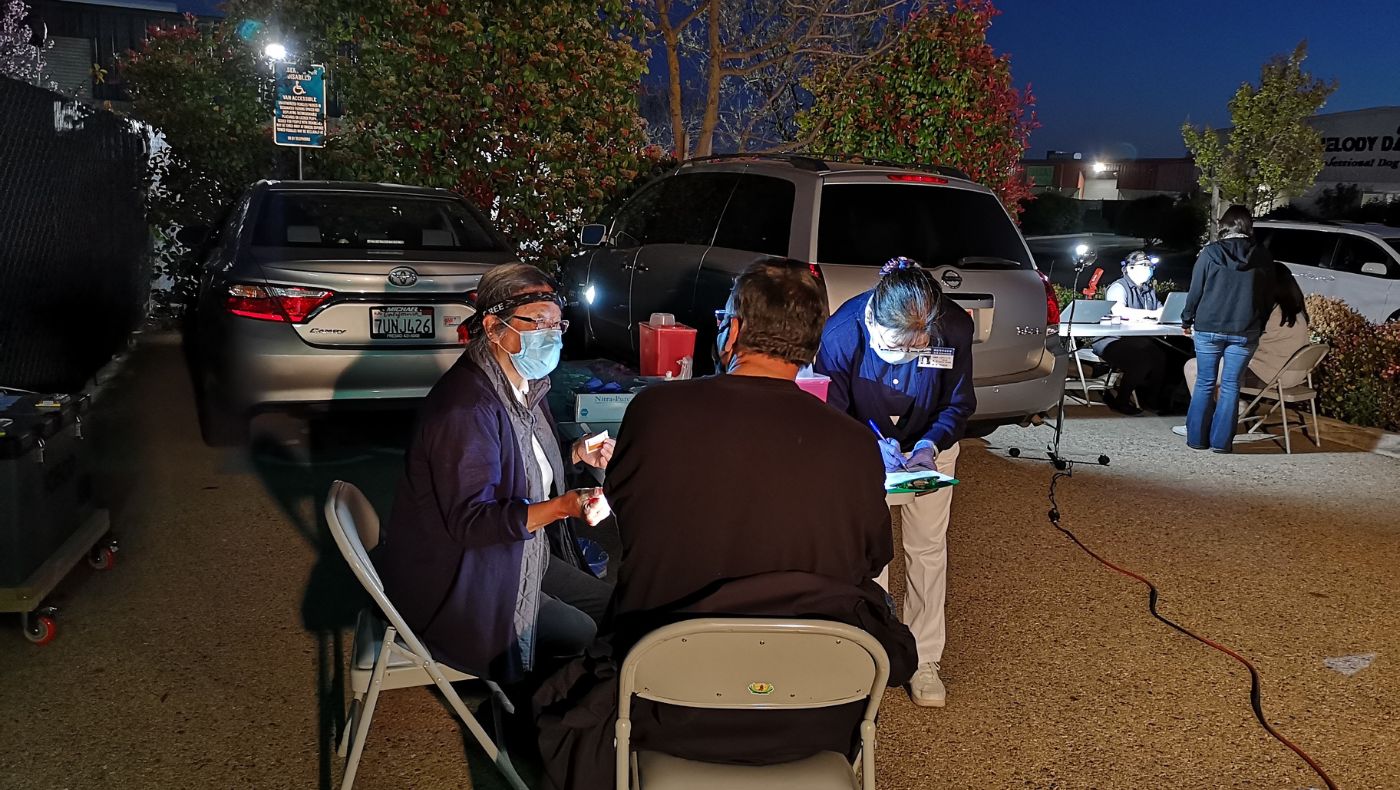
As the head of Tzu Chi Medical’s Mobile Clinic units in Northern California, Voon was already well-experienced in bringing Tzu Chi’s free healthcare services to underserved populations across rural California. To help in the effort to vaccinate people far and wide, he coordinated with the Saint Agnes Medical Center in Fresno, California, to pick up vials of the COVID-19 vaccine to launch vaccination events in the farming towns of San Joaquin and Easton on March 31. Like his colleagues in Southern California, he knew he had to be very careful in ensuring the vaccine’s fidelity as it traveled from one place to another:
Instead of using a portable cooler, we bought a refrigerator [that] we can plug in the car so we maintain the temperature because the vaccine’s very delicate with the temperature issue and because of the rural area, it takes about one hour, one-way to the location. We are glad we partnered with Saint Agnes to make it happen.
At the same time, in order to get the vaccine, paperwork often requested vaccine recipients’ insurance provider information. But, for many in the Central Valley’s agricultural sector, health insurance was a luxury, and many were unaware that they could obtain the vaccine without it. Tzu Chi Medical’s Fresno Mobile Clinics Manager Olivia Voon explained: “A lot of migrant workers here, they don’t have healthcare insurance [but] everything that we give today will be free and we don’t charge them anything.” By offering vaccination services specifically to the uninsured, including those who mistakenly thought insurance status was a barrier to vaccination, she knew they were making a difference: “[This way] everybody has a chance to get the vaccine.”
From March 2021 to May 2022, the Tzu Chi’s mobile clinic team in Fresno used a three pronged approach to host a total of 95 vaccination events. First, by partnering with St. Agnes Hospital, they received a steady supply of vaccine doses for each event. Second, they leveraged relationships with community partners to reach out to agricultural and industrial communities (while dispelling misinformation about the vaccine), plus social service organizations and public schools to secure venues. Third, the team also invited both medical and general volunteers to help. With these tactics, the mobile clinic team was able to serve so many under-the-radar populations successfully. Olivia Voon shares:
This ‘Golden Triangle’ technique really benefits minority groups who deal with barriers in transportation, language, and a general lack of medical resources.
While Tzu Chi’s vaccination efforts were part of the nationwide scramble to broaden protection against COVID-19 and make it more equitable, it also gave medical volunteers a chance to contribute their skills – volunteers like Sussane Chen. Having retired from nursing in 2017, Chen had felt a mix of emotions watching the pandemic unfold from home: “I’ve been feeling quite guilty that I’m not on the frontlines with my buddies who are still there.” But, after becoming Lead Registered Nurse with the Tzu Chi medical team in Fresno and administering vaccines, seeing her patients’ reactions was priceless:
The patients feel like they’ve won a lottery… They’re seeing a light at the end of the tunnel now. They’re all very happy to get it.
As Tzu Chi’s vaccination efforts were helping turn the tide against the pandemic, it also developed other ways to support patients.
Adapting to a ‘New Normal’
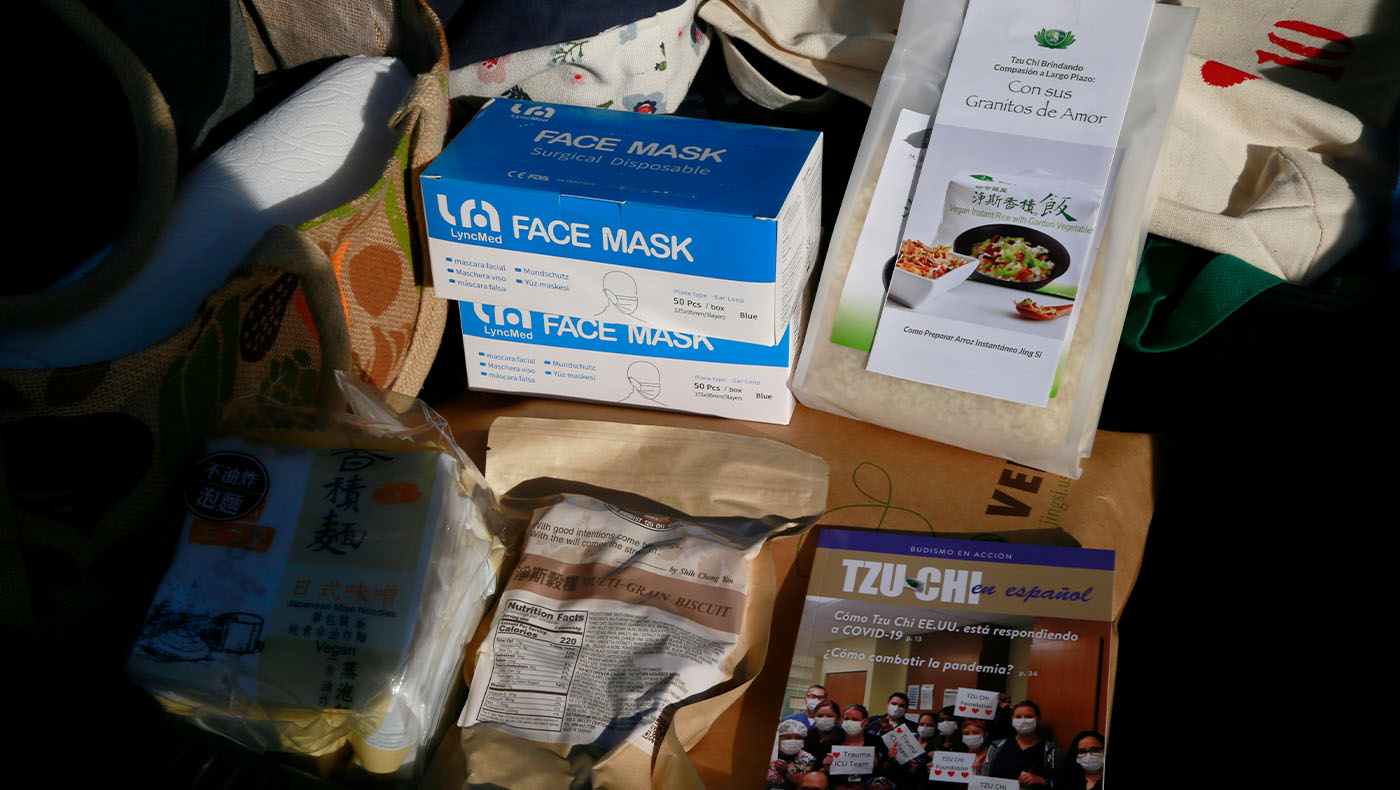
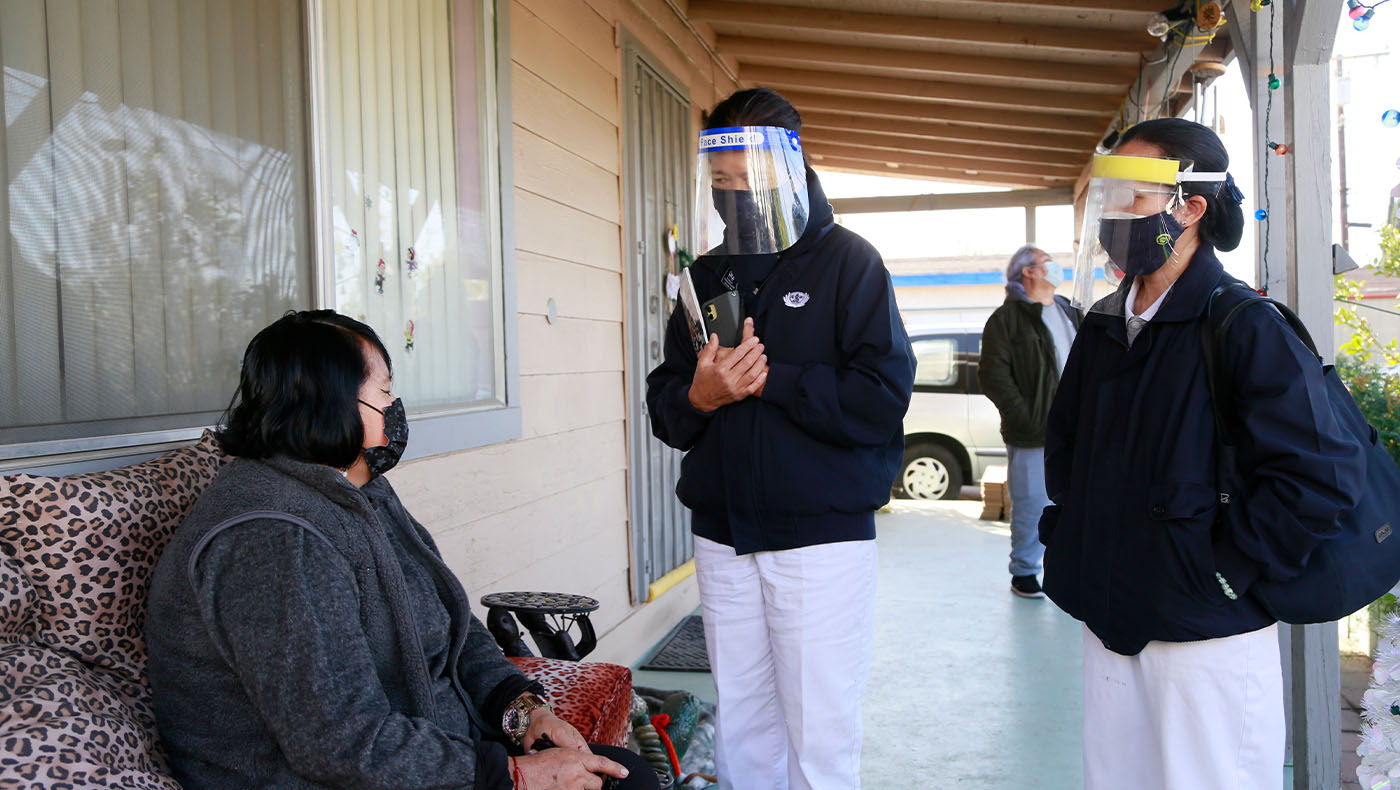
After the pandemic froze many of Tzu Chi’s then-Community Clinic’s regular activities in 2020, 2021 saw a thawing. “Ever since the COVID pandemic [started],” Dr. Stephen Denq, the newly installed Chief Executive Officer of Tzu Chi Medical, explained, “we were not able to go out there and see the patient face-to-face.” For many of Tzu Chi’s medical staff and volunteers, there were too many risks to take on. But, by obtaining FQHC Look-Alike status and with the introduction of the COVID-19 vaccine, it was going to be easier to bring staff back to launch telehealth services. Dr. Denq explains:
Instead of having them come in person… we have health professionals to contact our patients and inquire, ask them how they’re doing and their medication usage, and all.
To help patients stay on top of their treatments even as early as December 2020, Tzu Chi Medical was also shipping prescription medications directly to the doorsteps of up to 35 patients across Southern California. “What we do is our pharmacist will prepare each refill individually, and we patch them every three months,” Dr. Denq illuminated. In medium sized boxes from the United States Postal Services, Tzu Chi USA volunteers also added other care items like surgical masks, vegetarian foods, and a charm with a blessing from Master Cheng Yen. Dr. Shirley Chen, a long-time medical volunteer, emphasized how important it was to reach out to patients with care:
We’re grateful to have a chance to serve and have the chance to keep a relationship with them. We still [know] the community needs us to take good care of them, especially [at] this difficult time.
One patient receiving a regular prescription was Leticia Rojas. Living with her two daughters, her in-laws, and only her husband back at work at this time, the pandemic had been a trying time for her household. On top of this, she has asthma. Opening her package, she revealed the many items she received, including her inhaler and a box of surgical masks. “I’m very grateful because they help the community here a lot – those who don’t have the possibility of getting health insuranc – and they’ve helped us a lot,” she said.
An Unwavering Commitment to Public Health
At the Forefront of COVID-19
Vaccines Bring Hope
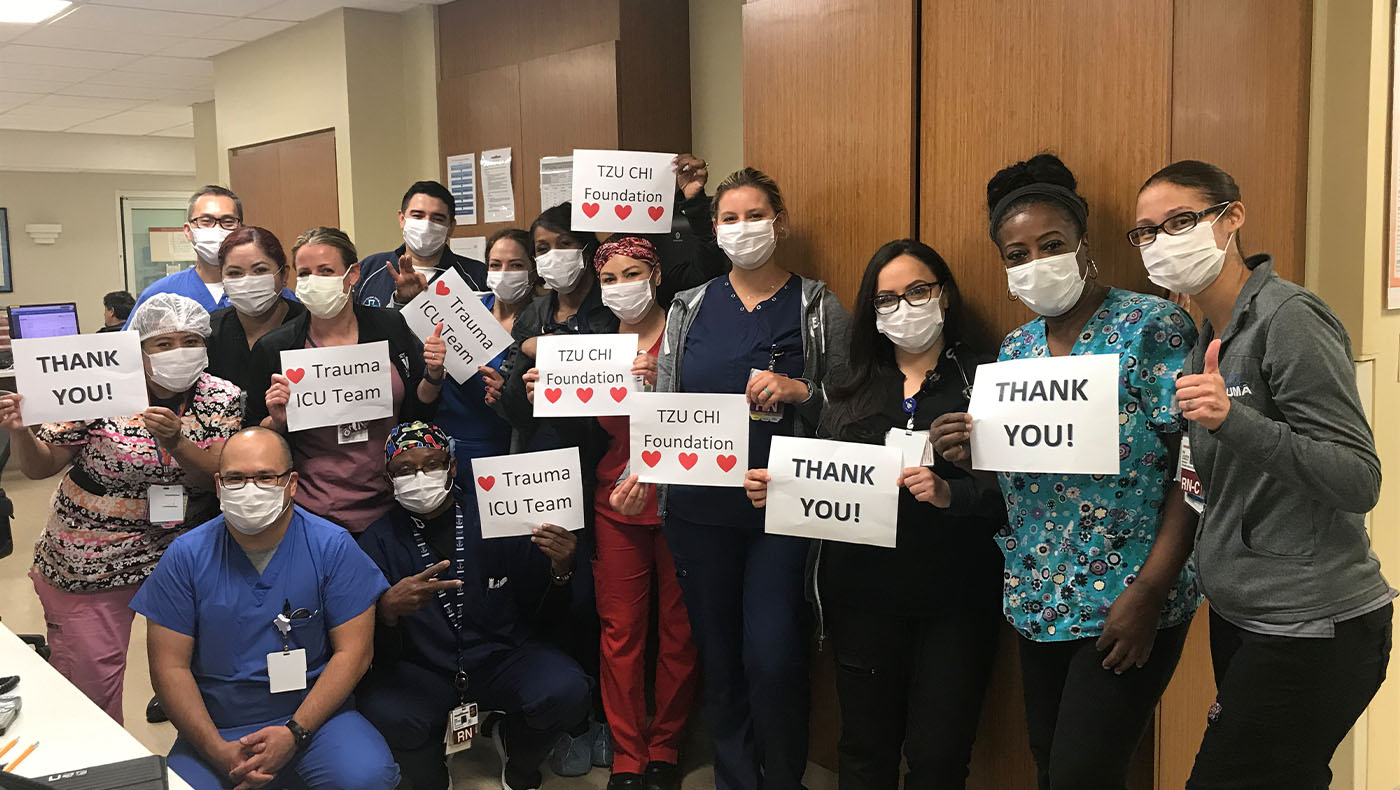
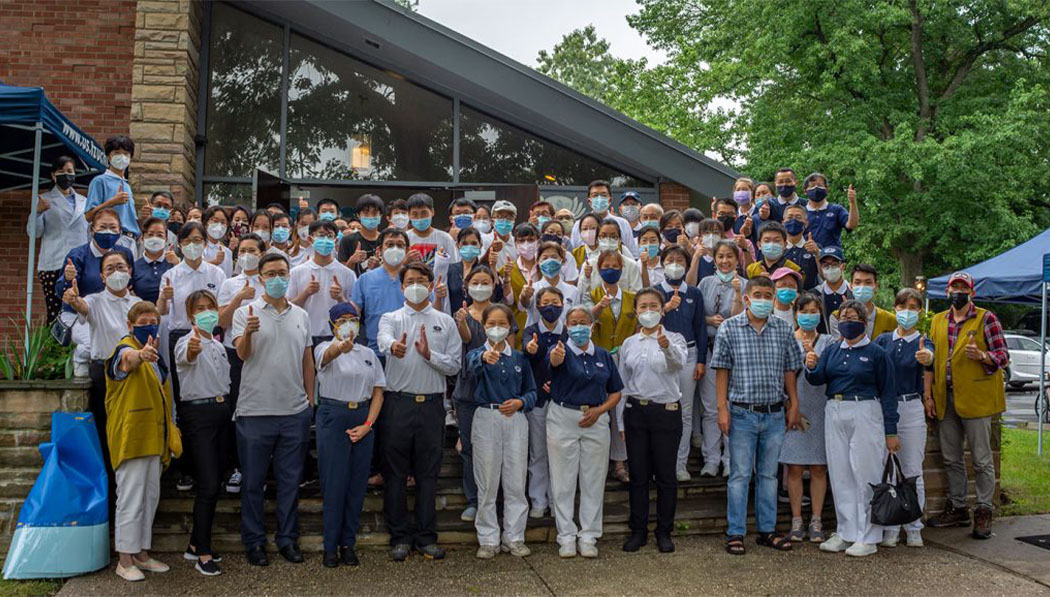
As the COVID-19 pandemic trudged on and more of the population got both their vaccines and subsequent booster shots, many things slowly but surely began to return to normal (including Tzu Chi USA’s first medical outreaches since the onset of the pandemic, offered in 2022 in cities like Bakersfield and San Bernardino in California, in Phoenix, Arizona, and more). Despite the new innovations and protocols with which the public began to co-exist, the challenges we had all overcome to make it to this point were proof in the resiliency and perseverance of the human spirit.
Throughout it all, Tzu Chi USA and its medical mission was an illuminating force in dark times. Both staff and volunteers showed their determination, humanity, and compassion through even the bleakest moments of the pandemic. They also sprang into action through vaccination efforts and offered patients a new way to continue holistic healthcare treatment. With what the creative minds and resilient hearts of Tzu Chi USA have shown us through the COVID-19 pandemic, it is clear that come what may in the future, they will be here.
DISTRIBUTED NATIONWIDE
*from 2020-2021
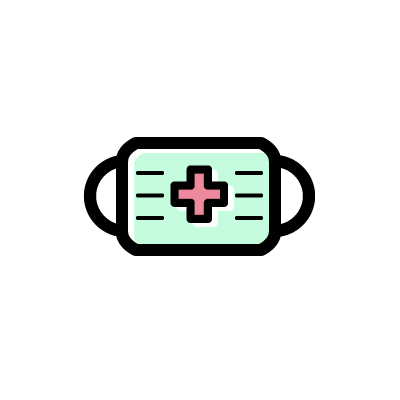
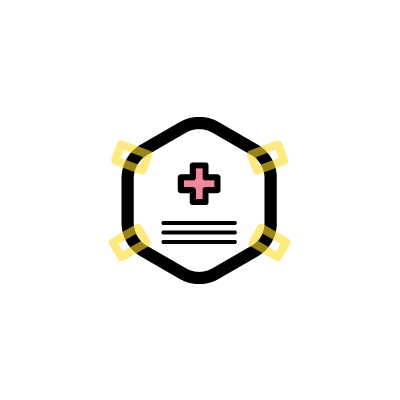
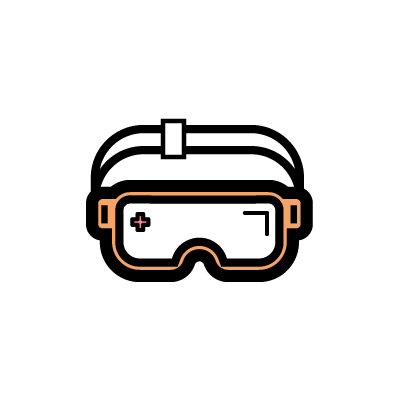
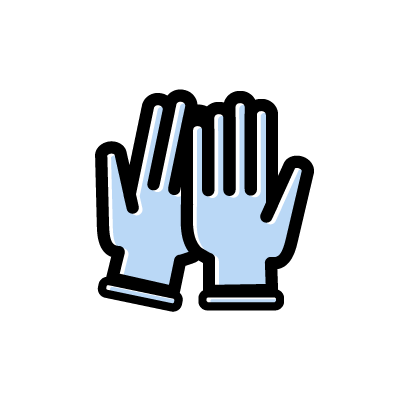
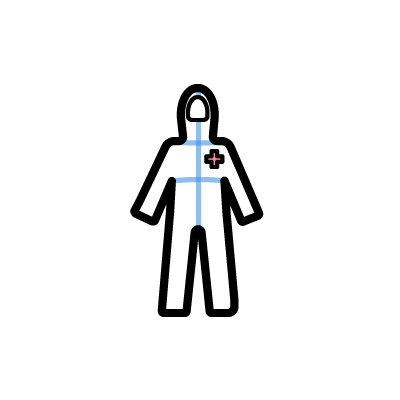
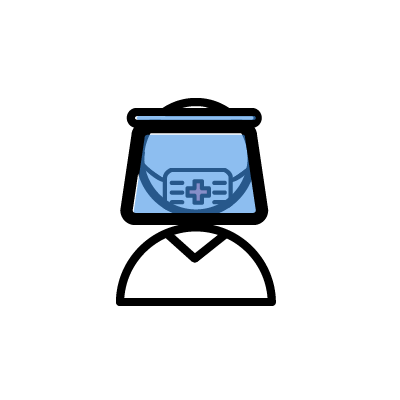
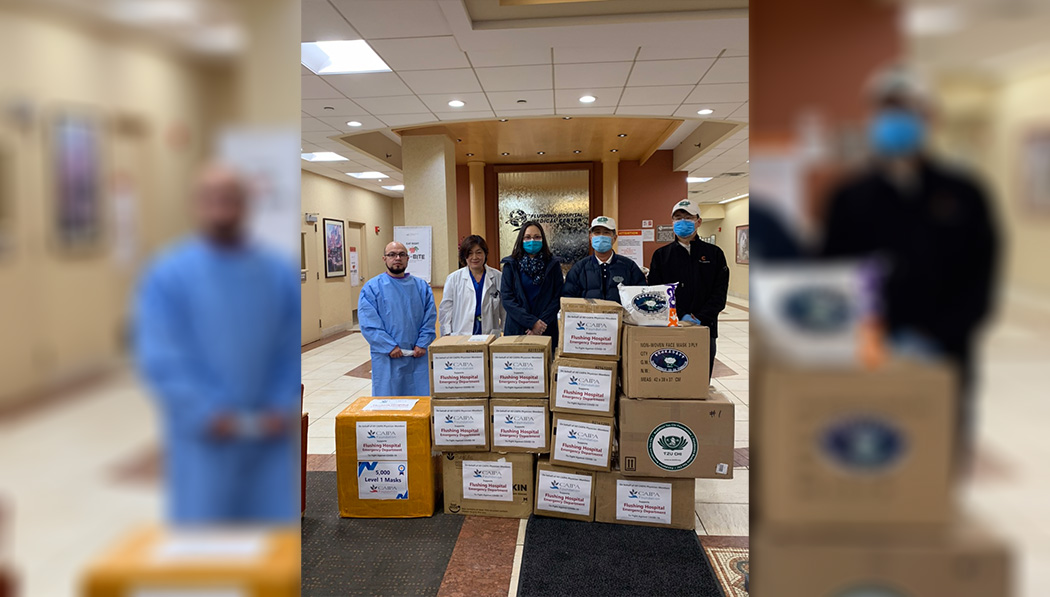
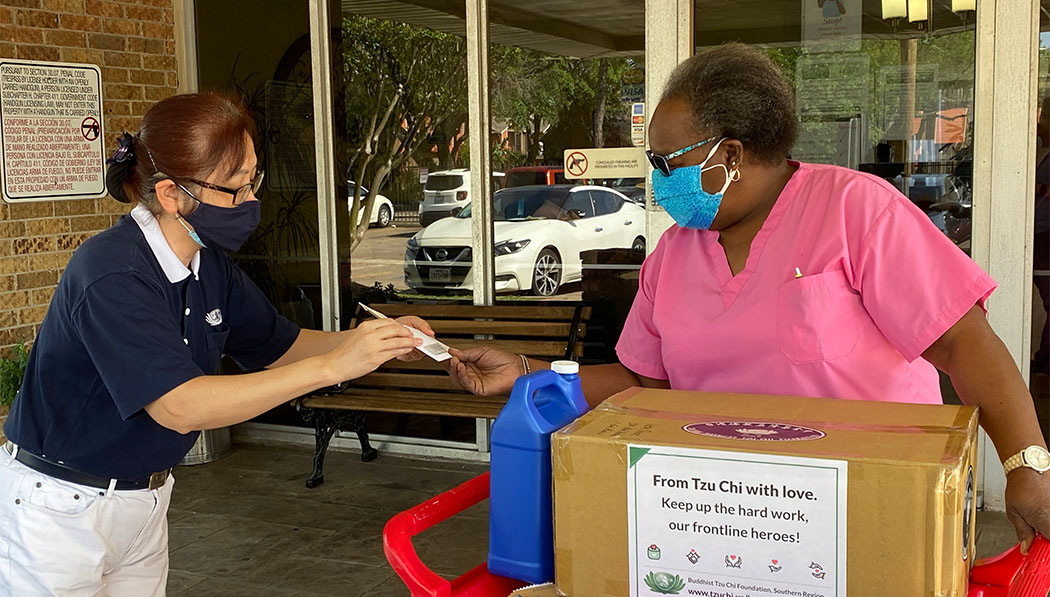
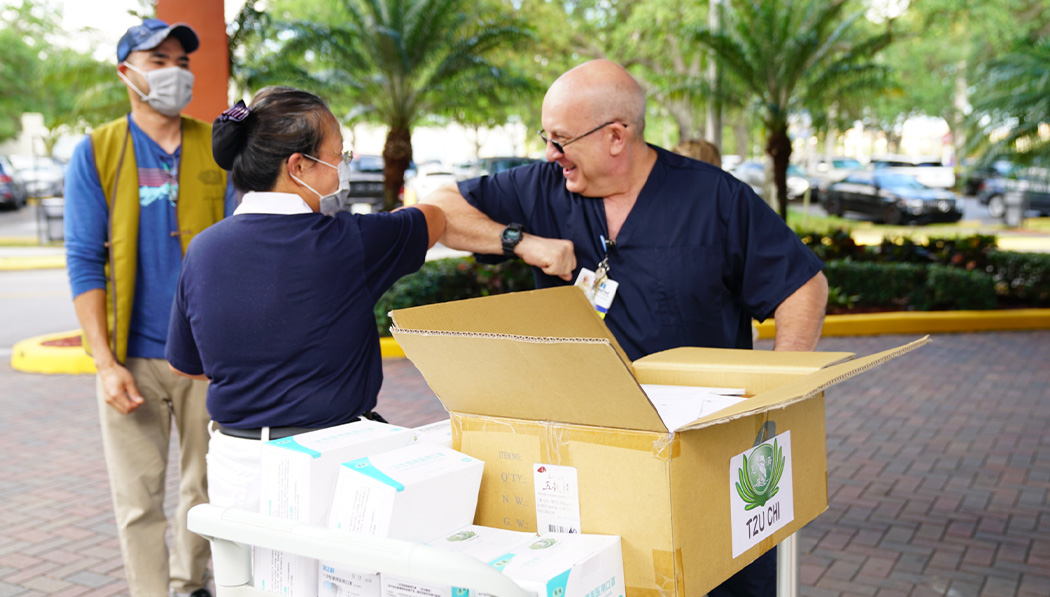
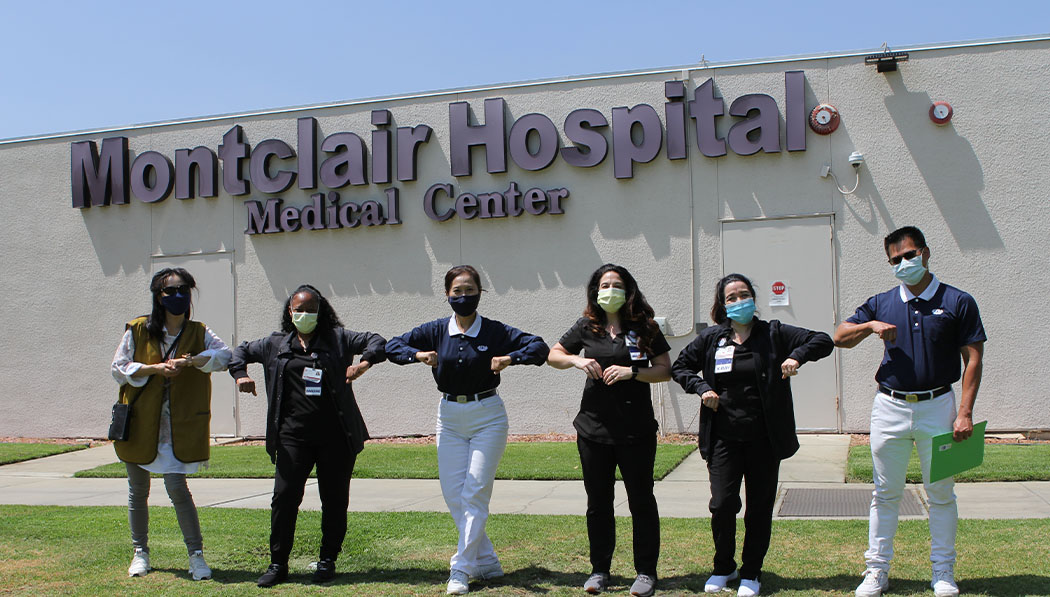
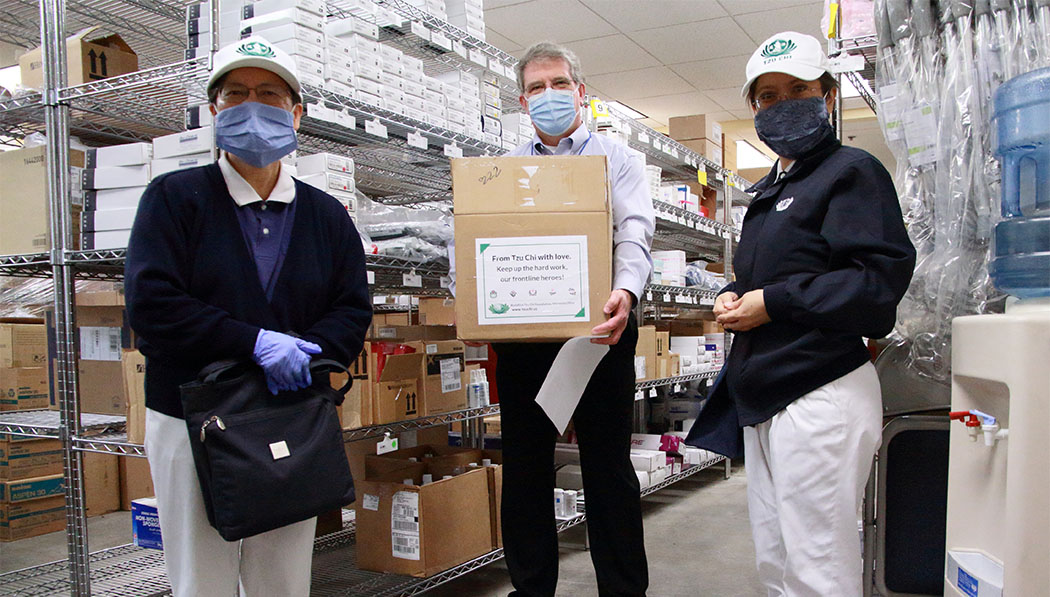
Voices of Resilience: Insights from Dr. Stephen Denq
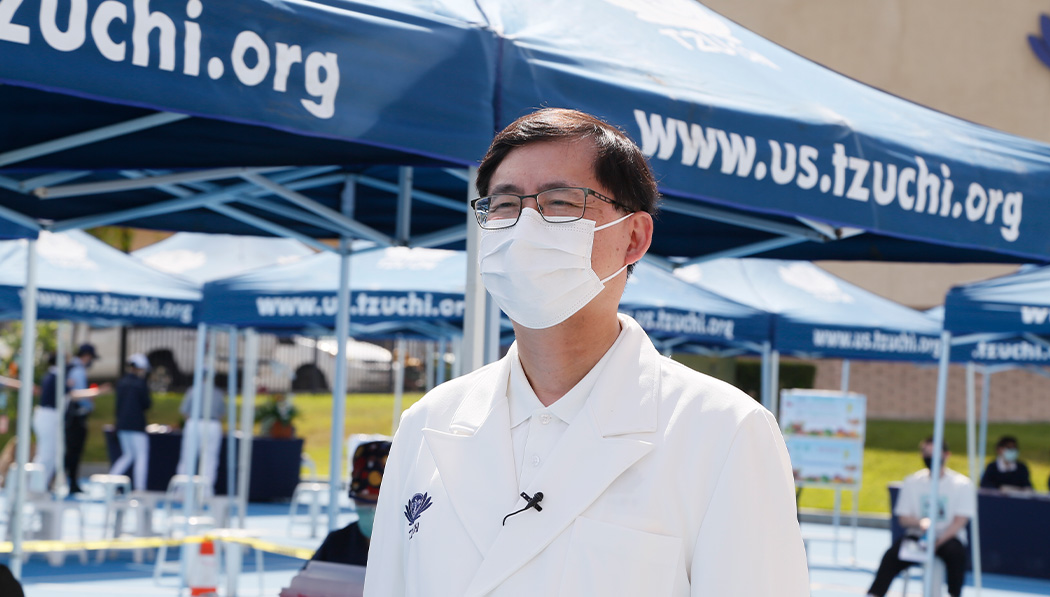
In 2020, the pandemic brought all of Tzu Chi USA’s regular medical services to a grinding halt. “We kept working till March 2020, but then found that the number of new COVID patients in the U.S. was rising fast,” explained Dr. Stephen Denq, then-Chief Medical Officer of the Tzu Chi Medical Foundation. After becoming Chief Executive Officer in 2021, succeeding the role from Dr. William Keh, he reflected on this nerve-wracking time:
[Then], the mortality rate was eight to ten percent! Take our clinic as an example; we had 60 to 70 employees, and statistically speaking, five or six of them may well pass away after coming to work [by getting infected by COVID-19]. The pressure was immense, and I kept thinking that when the clinic closes today and everyone goes home, could it be possible that some of them won’t return tomorrow? I’m not talking about people you see on the news. I’m talking about people around you, the same people that you work with every day.
At the time, Dr. Denq and his colleagues kept a close watch over daily infection and mortality rates, which climbed drastically with each passing day.
A New Chapter
After Dr. Keh saw cases surpass the 100,000 mark, he made the decision to suspend in-person services across Tzu Chi’s medical programs. While this was done out of great precaution, it would leave many ordinary patients without regular care. To remedy this, Tzu Chi Medical quickly launched a telehealth service to track patient care. Of the experience, Dr. Denq explained:
We did telemedicine for about a month, but found that it wasn’t the most suitable method because of a major obstacle; patients had to go to their local pharmacy after we prescribed medicine over the phone, and many of them couldn’t afford it since they didn’t have medical insurance.
Looking back, Dr. Denq chokes up thinking of his patients:
Our patients would have received free medication from our clinics, but the same medication would be so expensive for them to purchase anywhere else. I felt sad by how helpless our patients were… They would ask if I could prescribe a cheaper medication, or if they could survive for a while without it. I had so many calls like that, and after doing telemedicine for a month, I realized that we weren’t helping our patients that way.
But, in April 2020, Tzu Chi Medical decided to resume some in-person community clinic activities – with a twist. He elaborated:
We designed safety measures to minimize the incidence of infection. We didn’t even have rapid tests at the time, but many medical personnel were still willing to come to the clinic to serve our patients, even at the risk of infection. Many hospitals also suspended service during the pandemic, and the U.S. government gave out subsidies to medical professionals, so there were people who had an income without coming in to work. Even so, many decided to come serve anyway – even though they would no longer be entitled to government aid. It was touching to see how many people were willing to make the sacrifice to come in!
Tzu Chi Medical’s strongest prevention measures included social distancing when possible but also conducting a screening to determine if patients were experiencing any respiratory symptoms or if they were running a fever. In case of positive answers, patients would not be able to come in. Instead, the interaction began through a phone call to diagnose their particular ailments, and then the patient would be asked to wait in the parking lot outside to receive their prescription medications. “It was such a tense time,” Dr. Denq recalled; “but all we could count on was serving as many patients as possible.”
Occupational Hazards
At the Forefront of COVID-19
Vaccines Bring Hope
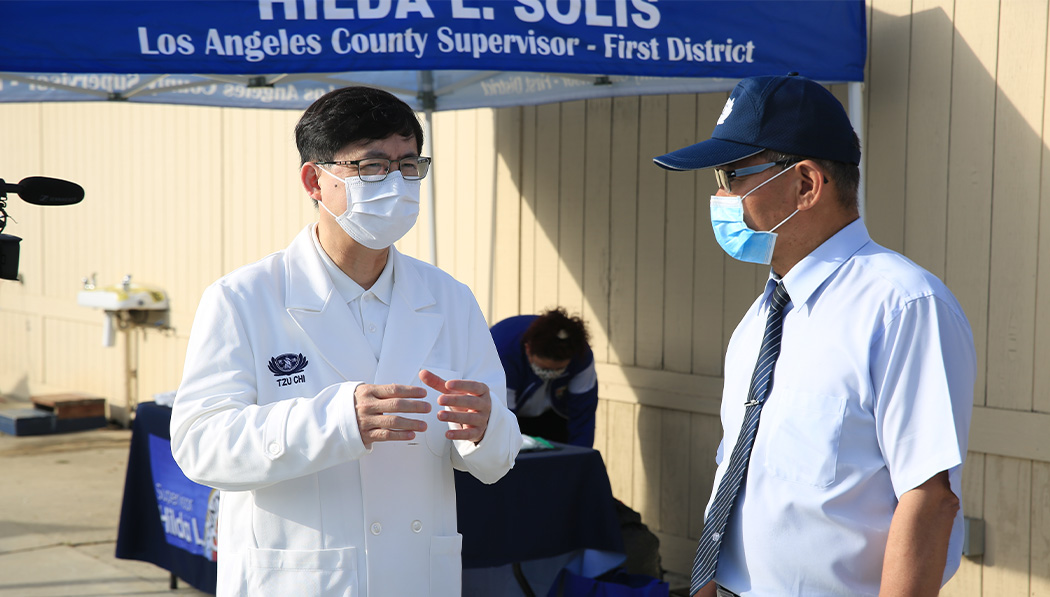
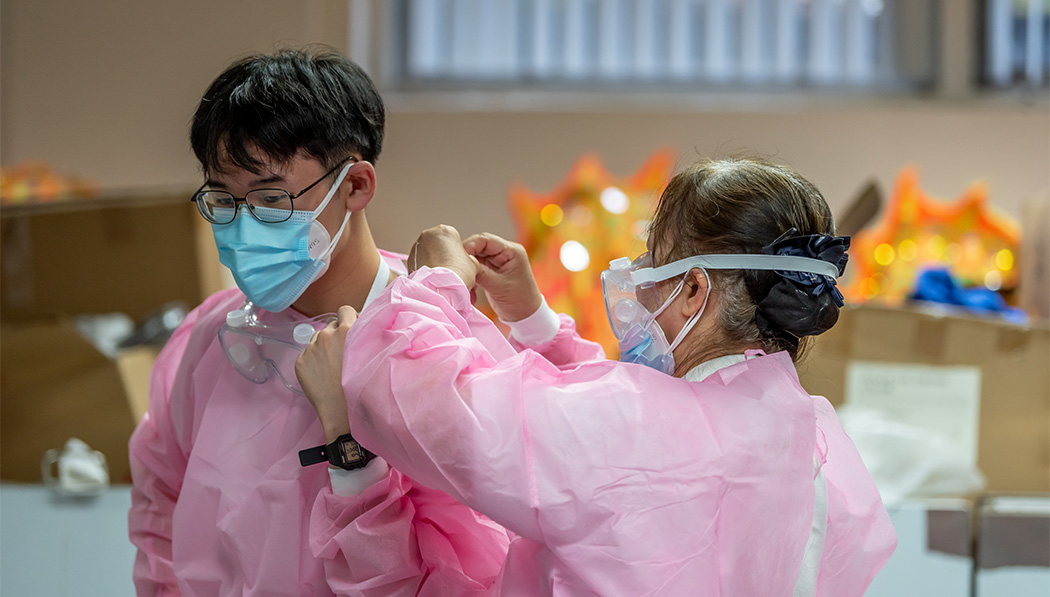
As medical service resumed, staff and volunteers were still on high alert. Dr. Denq recalled their daily precautions. Many proved grueling:
We had to cover the entirety of our bodies, and once we got home, we had to shower thoroughly right away. That was the minimum... And we were engulfed in the smell of alcohol everywhere we went… We had to wear N95 or imported KN95 face masks, which fit very tightly. The skin behind our ears broke from the strap tension, and the skin on our noses got scratched from talking in a mask all day long. It was like we had gotten a bit disfigured.
During a time of national shortages, the team, like many other healthcare professionals across the country, were forced to reuse their face masks. “We would wear the same face mask again after airing it out for a few days,” Dr. Denq illuminated. Yet, to help staff maximize mask safety, experts were invited to demonstrate proper mask-wearing. Dr. Denq recalled:
We had to consider the size and shape of a face mask to ensure it covers the nose and mouth area totally… We were asked to go into a covered area where they had sprayed an irritating aerosol that smelled very unpleasant. We had to stay there for some time, breathe deeply and carry out certain maneuvers, and we only passed the test if we couldn’t smell anything even then. Otherwise, we were considered to have failed, and every single one of us had to pass this test.
Luckily, on November 1, 2020, Tzu Chi Medical Foundation’s Community Clinics were officially designated as Federally Qualified Health Center Look-Alikes. So, when the FDA finally approved the release of COVID-19 vaccine on December 11, Tzu Chi Medical Foundation was able to secure doses and administer the vaccine. But, before this, Tzu Chi’s own medical staff were to receive the vaccine first.
To be honest, we were both excited and scared. The vaccine had just been approved, and there were all kinds of information and misinformation spreading everywhere. It was terrifying… we had an internal meeting, and asked that, if any medical professional was willing to receive the vaccine, they should come forward, but at first no one did because they were all scared! Then, we received the first batch on December 30, 2020, and on the very next day, I, along with eleven other brave volunteers… were given our first doses. We used ourselves [as guinea pigs] to observe how we would react to the vaccine over New Year’s.
This process was carefully thought out in advance, to ensure the vaccine was safe for use on the general public. “A few of us felt unwell, but the rest of us were okay,” Dr. Denq said; but, “once we ascertained [for ourselves] that the vaccine was safe, we began administering it to others.” According to Dr. Denq, this unwavering commitment to safeguarding public health was manifest in other activities, too:
For example, there was initially a shortage of rapid screening tests, so we sent volunteers to different pharmacies to purchase them in order to ensure the safety of patients and medical volunteers at the clinic. But it was very difficult; some volunteers had to go to a dozen pharmacies just to purchase a few tests. People might assume that the Medical Foundation could easily access the tests, but that wasn’t the case at all. It was very hard because pharmacies had stipulated that each person could only purchase two tests, so we would send four or five volunteers to the same pharmacy for them to buy as many tests as possible. That’s how we accumulated them.
As rapid test kits became more widely available, in-person consultations for Traditional Chinese Medicine and dentistry services, both which required more contact, resumed.
Dentistry posed the greatest risk, so even if everyone was vaccinated, we couldn’t restart dental service rashly. Without rapid screening, if an infected patient opened their mouth for us to treat their teeth, and their spit splashed onto the medical professional in the process, that person may have become infected right away… [So,] we were very strict with screening for both medical personnel and patients. Everyone had to do rapid screening every day. It was a very tense time.
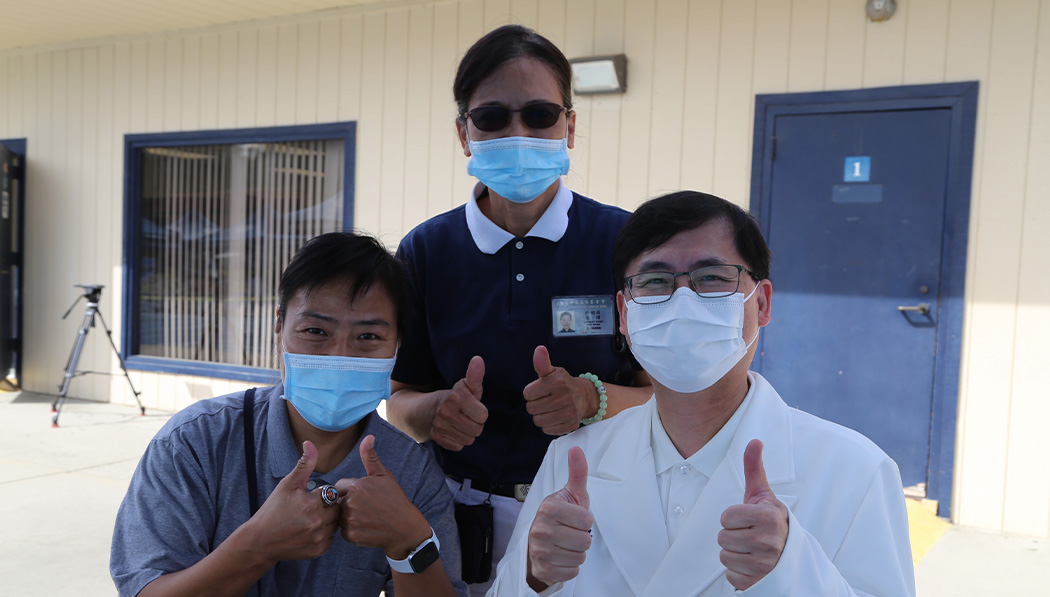
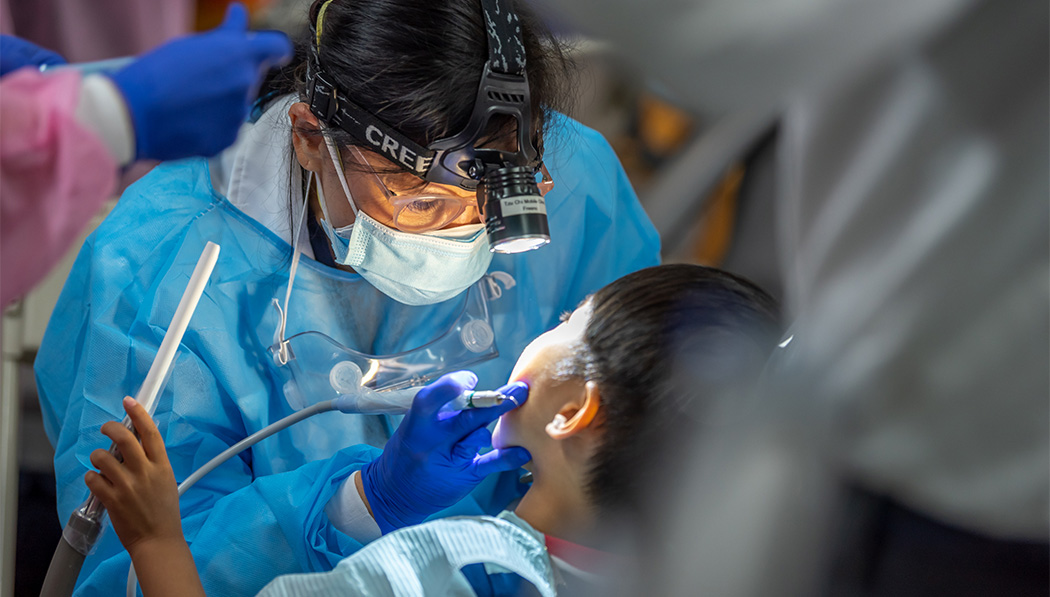
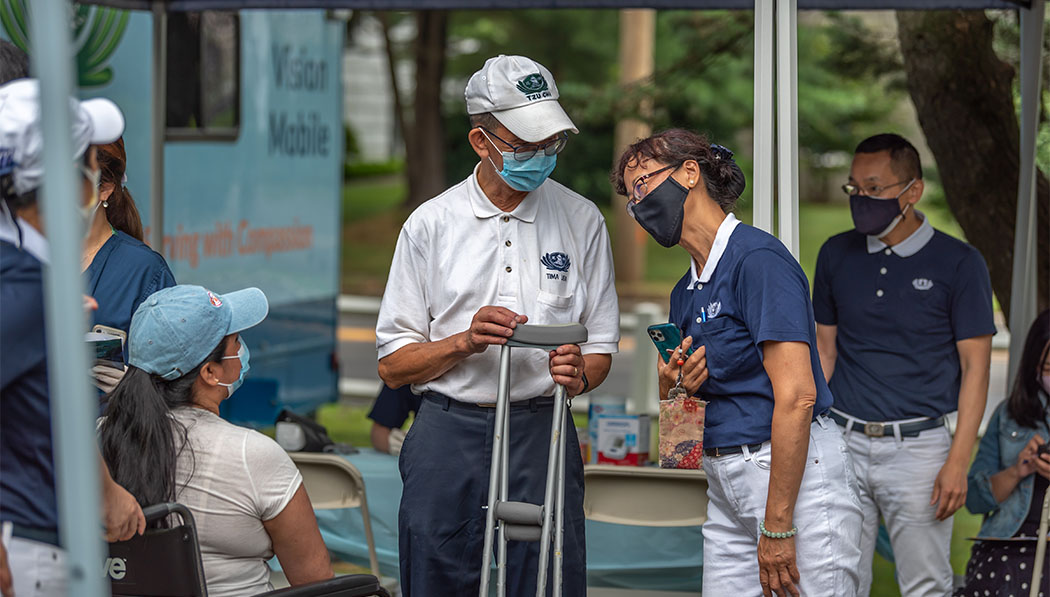
Looking back on it all, Dr. Denq sees how their COVID-19 screening processes can be adapted to detect symptoms of other contagions in the future, whether they reach pandemic-level classification or not. No matter what though, having maneuvered through the highs and lows of the pandemic, another thing is also clear: That healthcare professionals like Dr. Stephen Denq and his many colleagues are living examples of the dedication, perseverance, and humanitarian spirit we all aspire to have.
